images from the performance, photos by Marie Theres Böhmker.
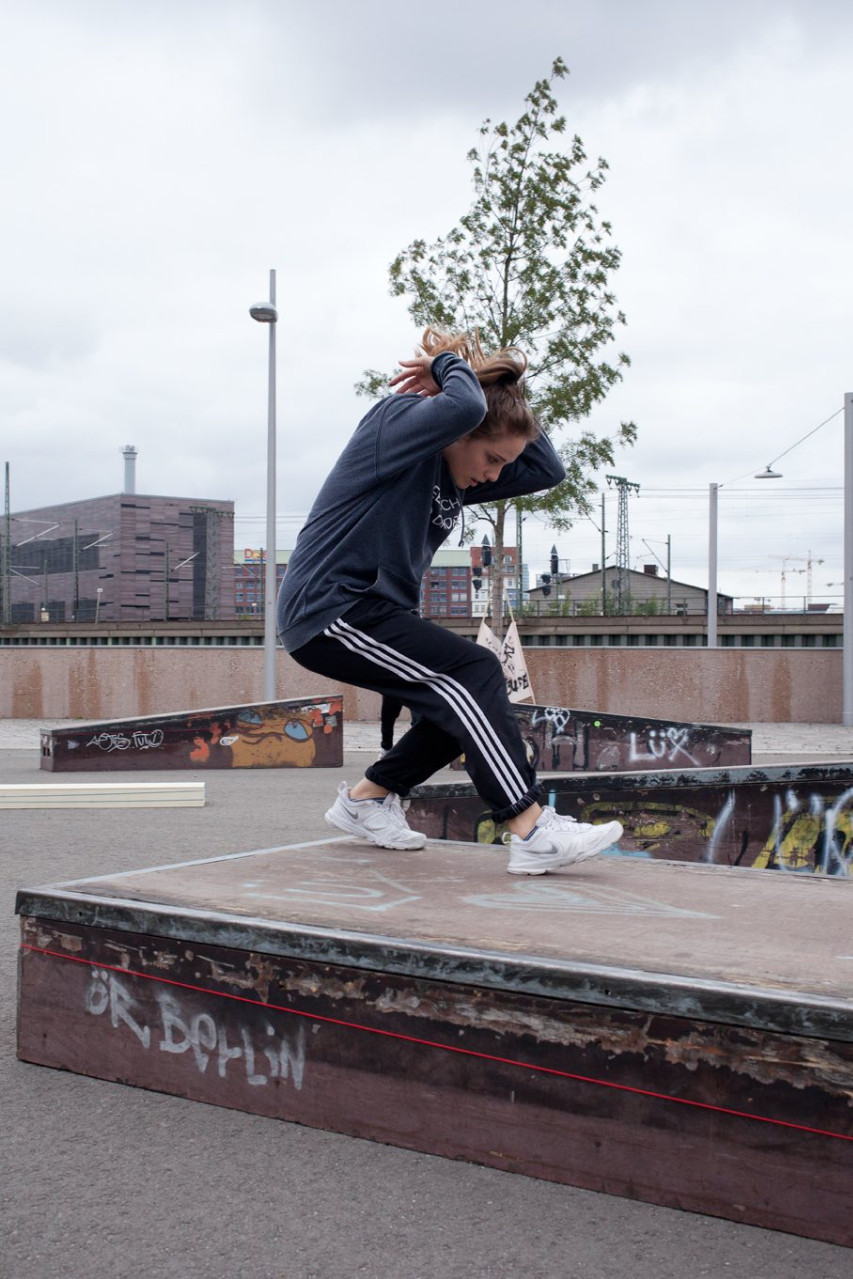
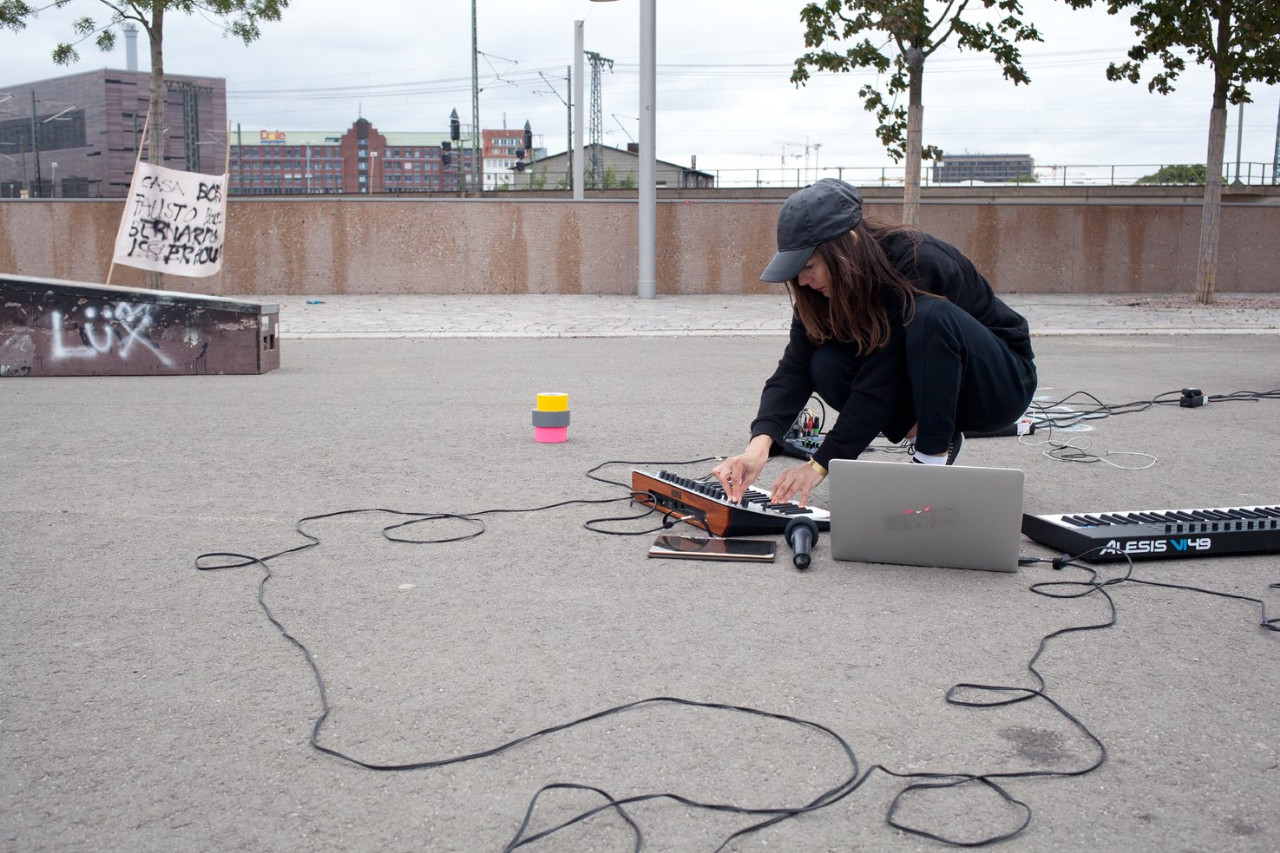
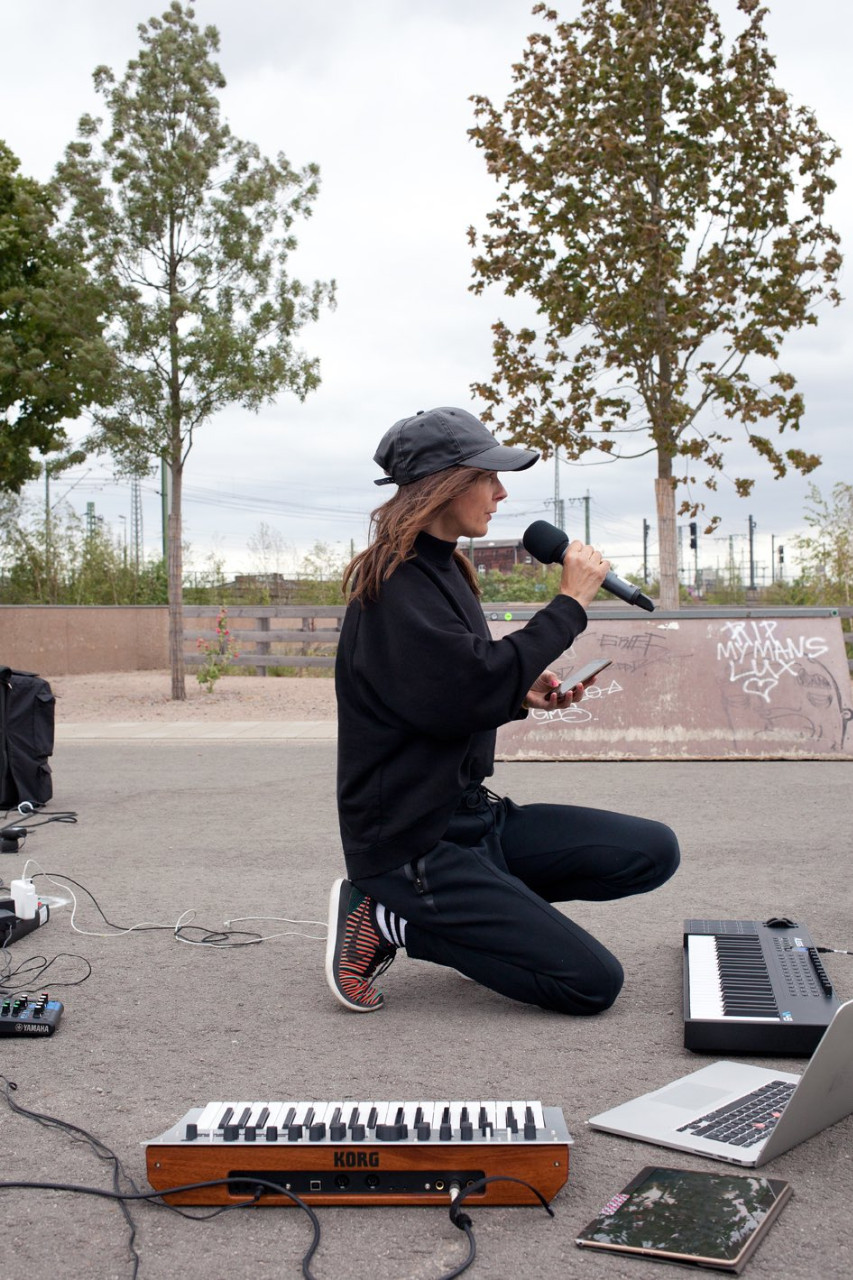
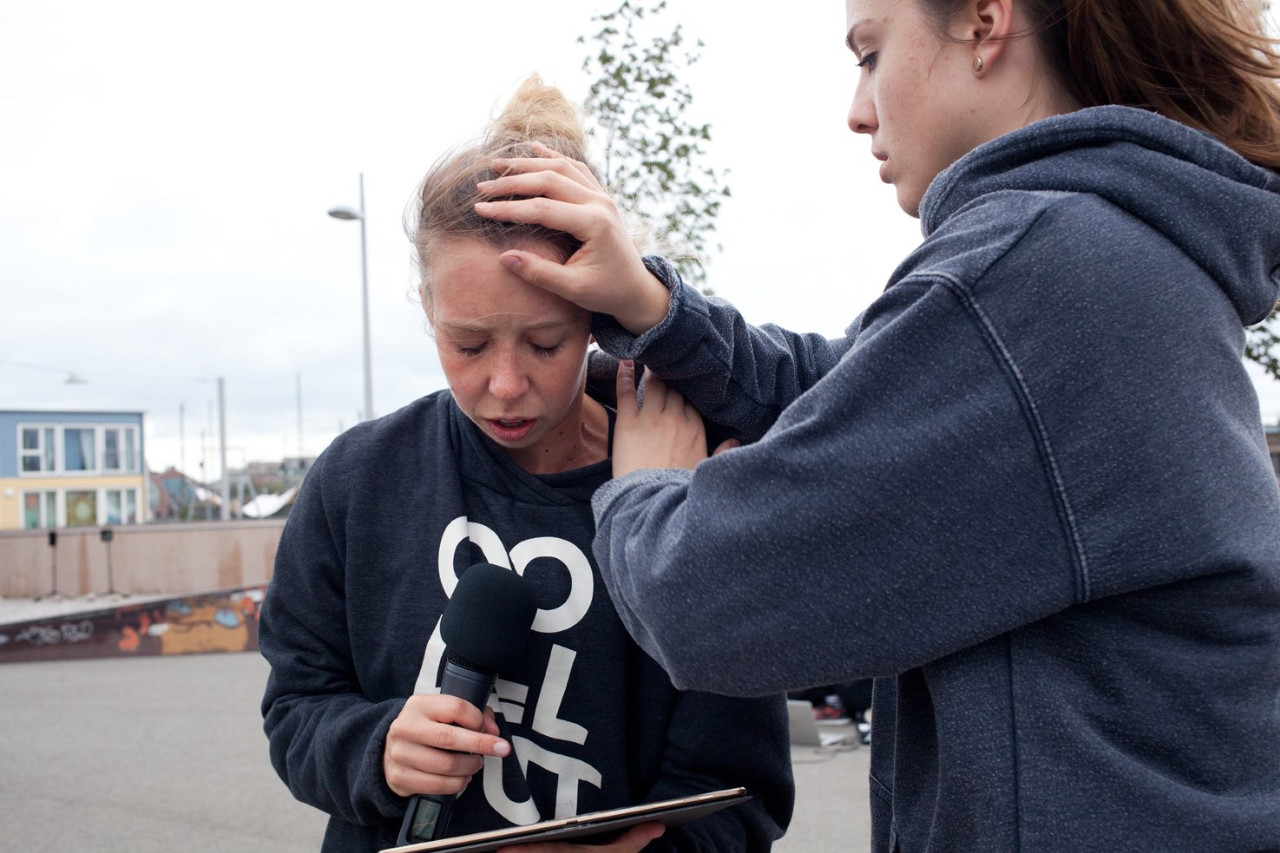
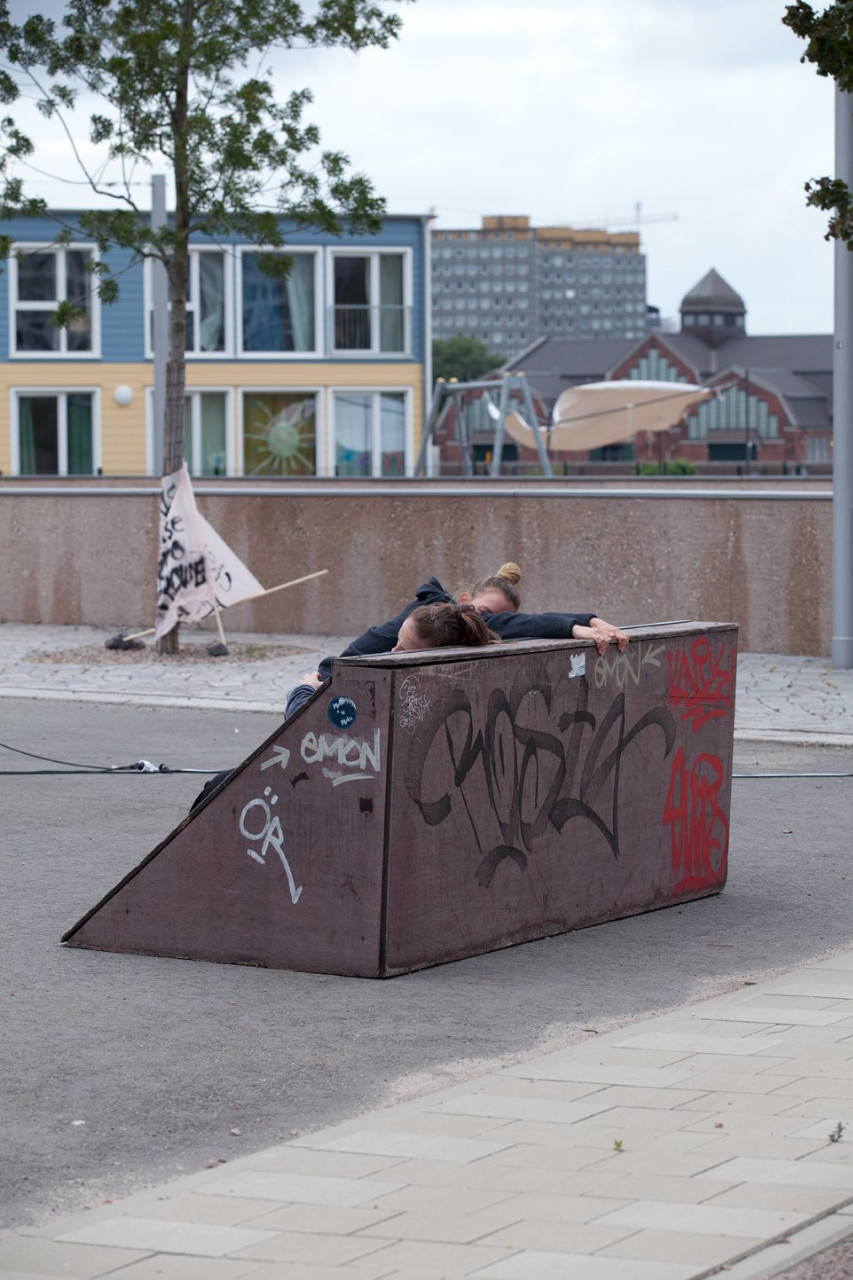
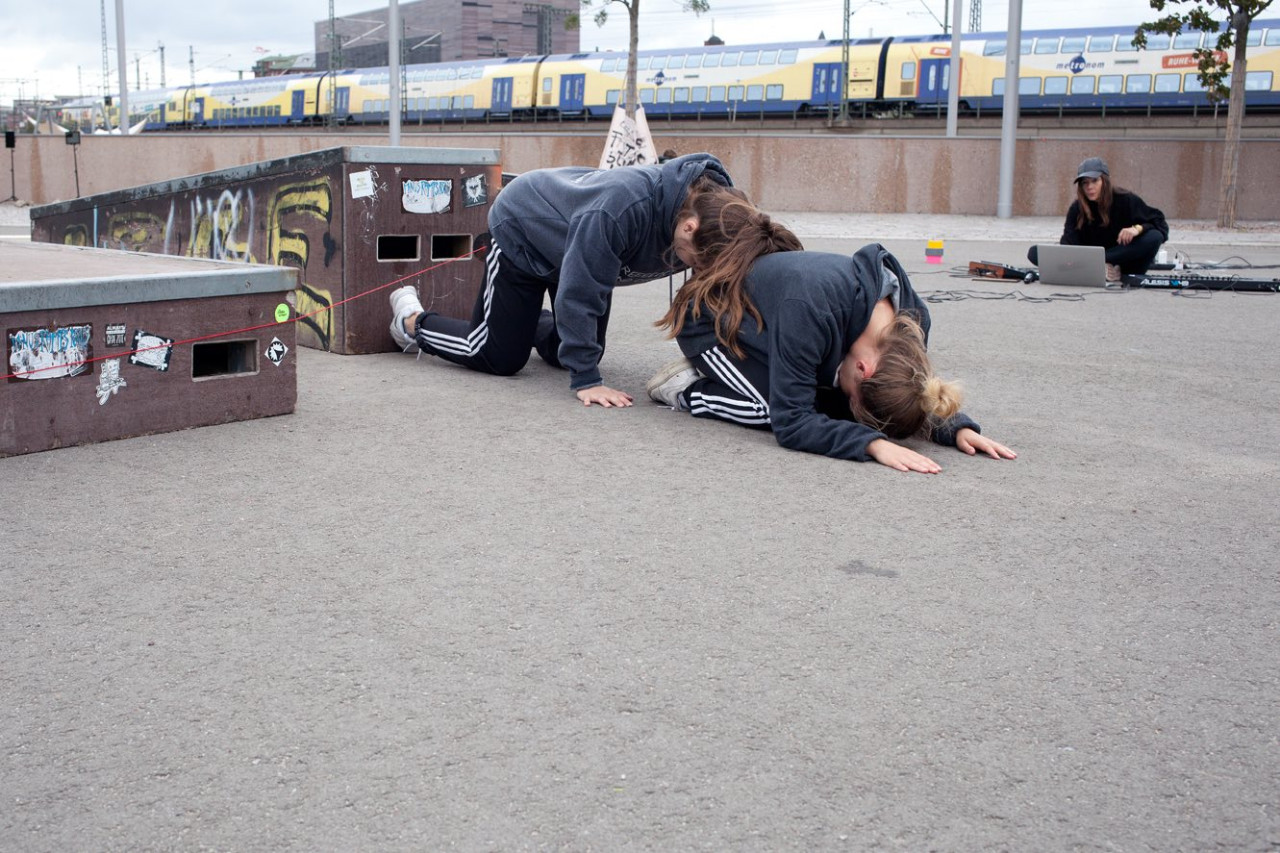
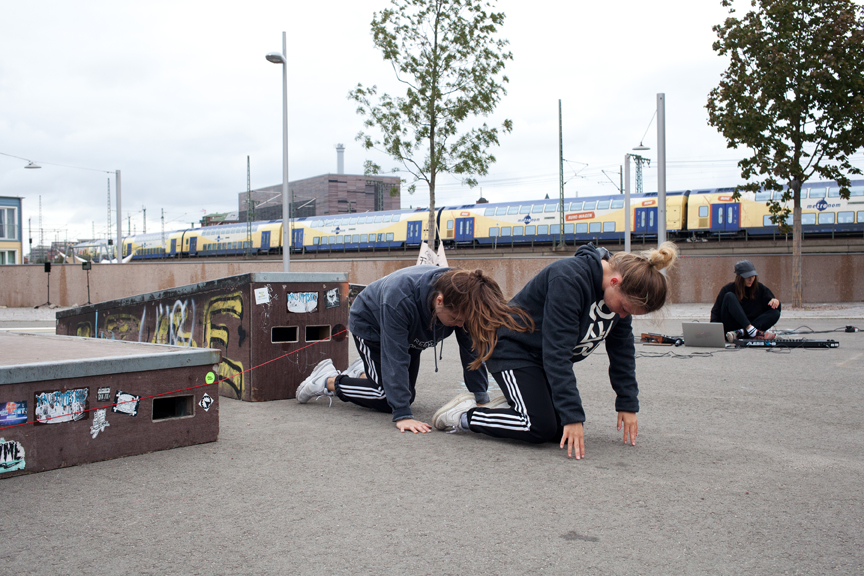
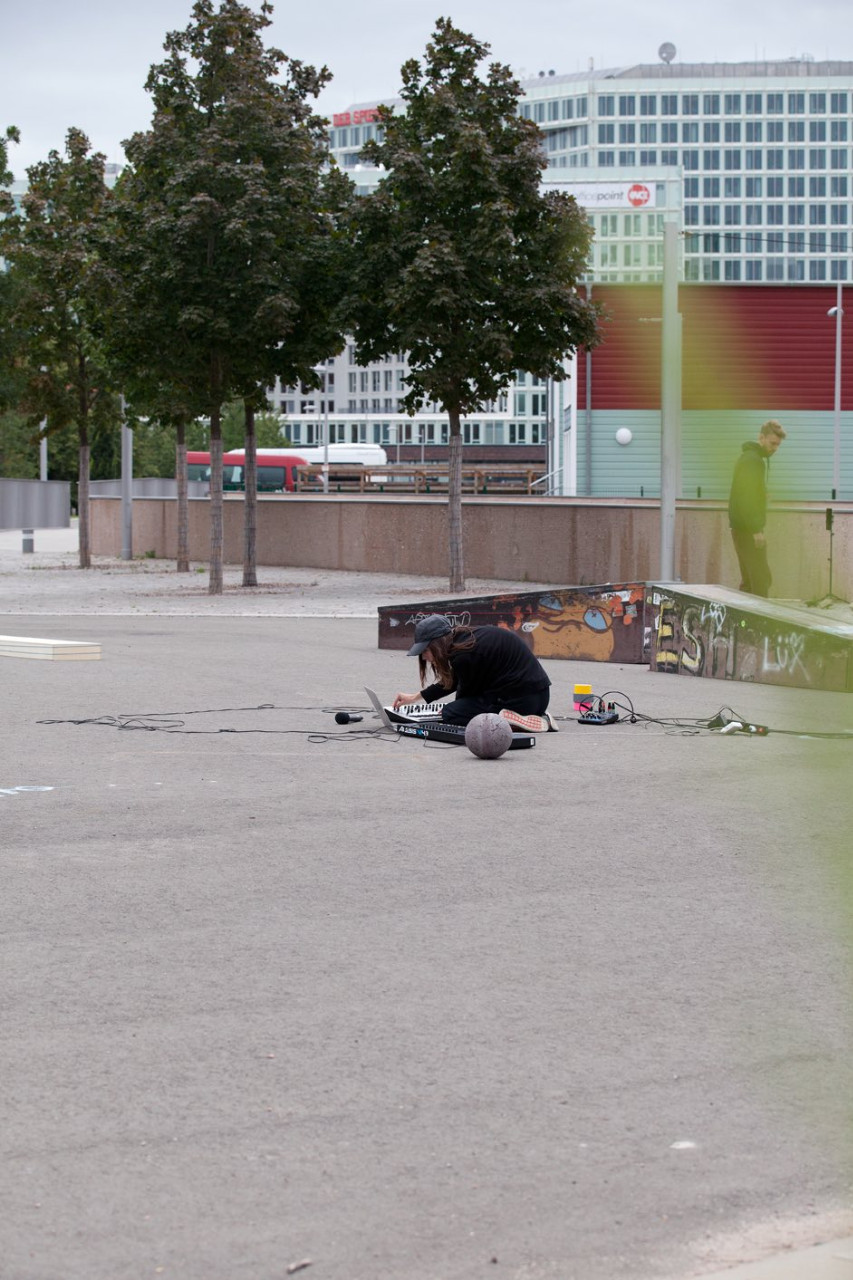
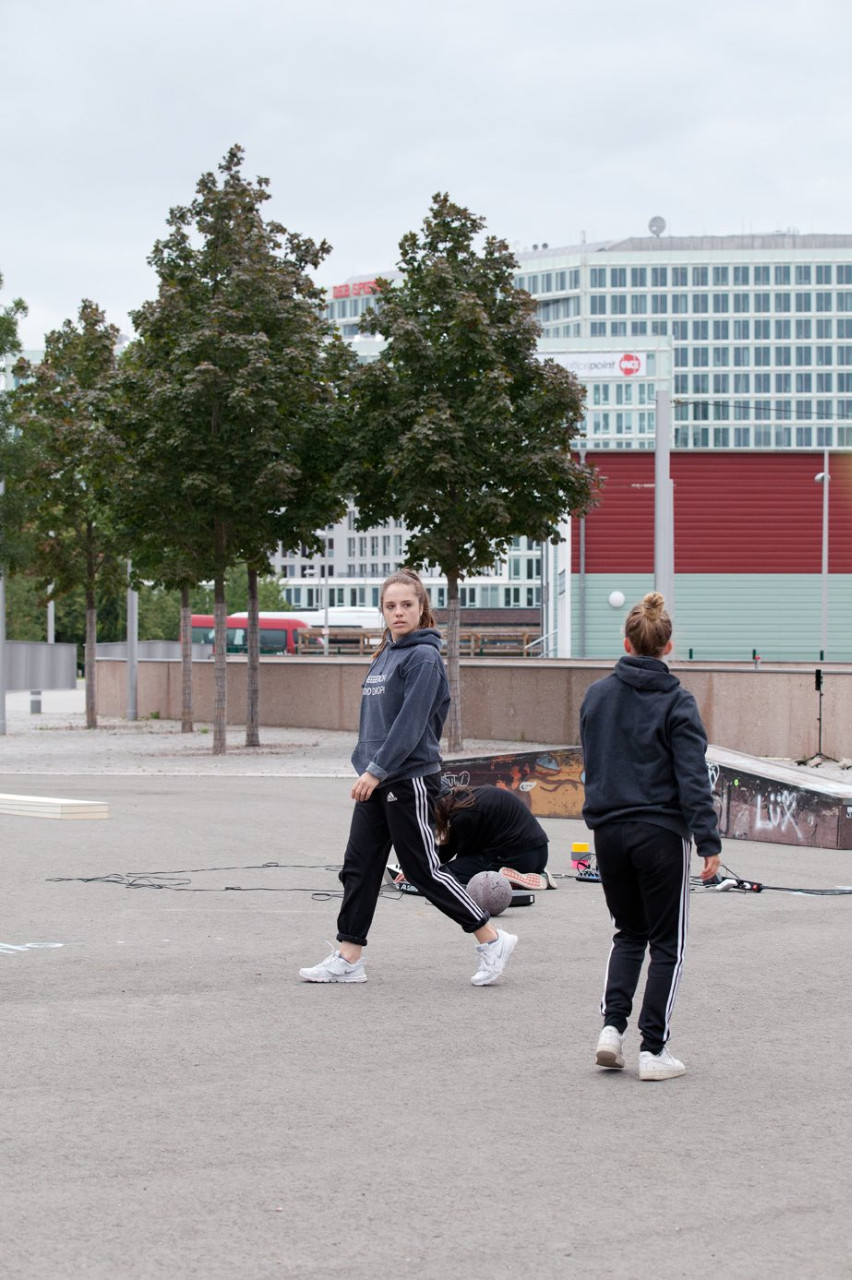
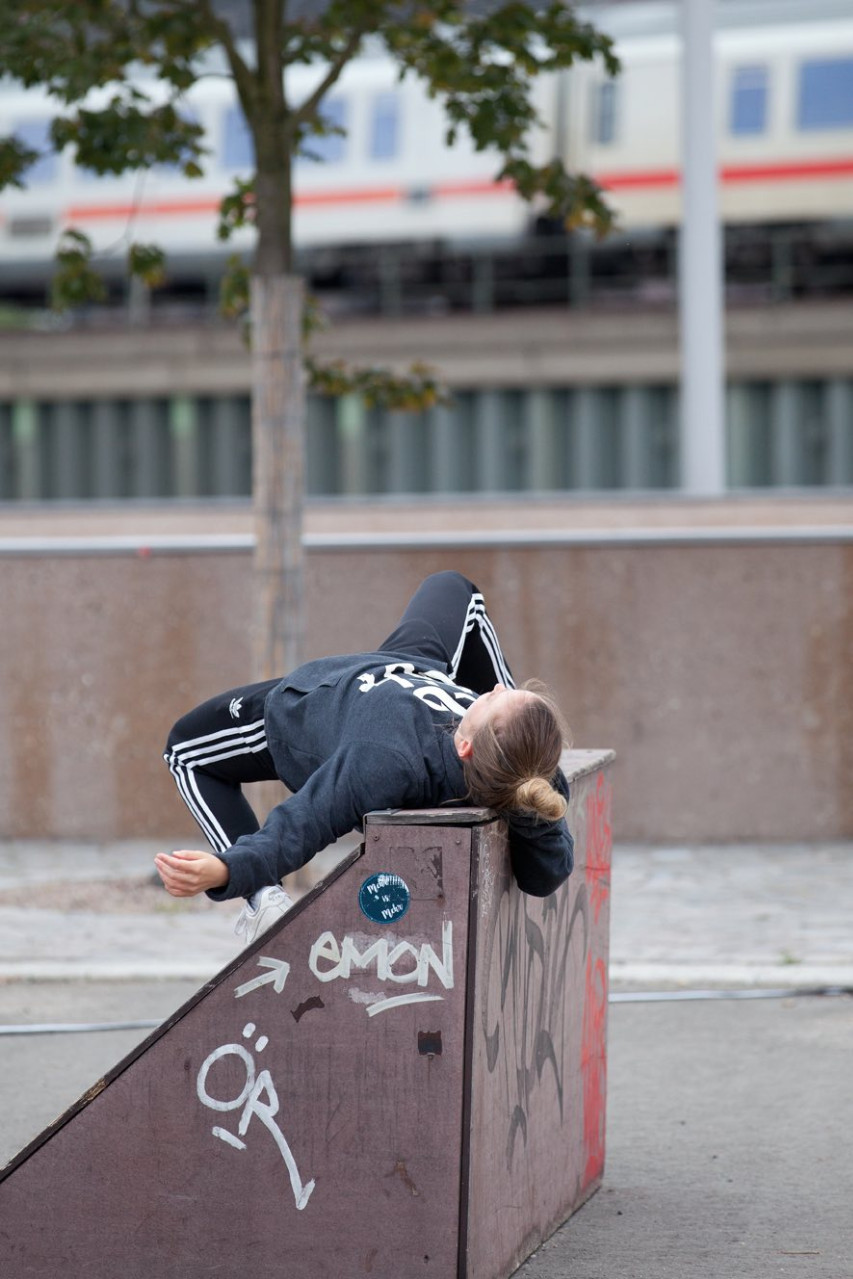
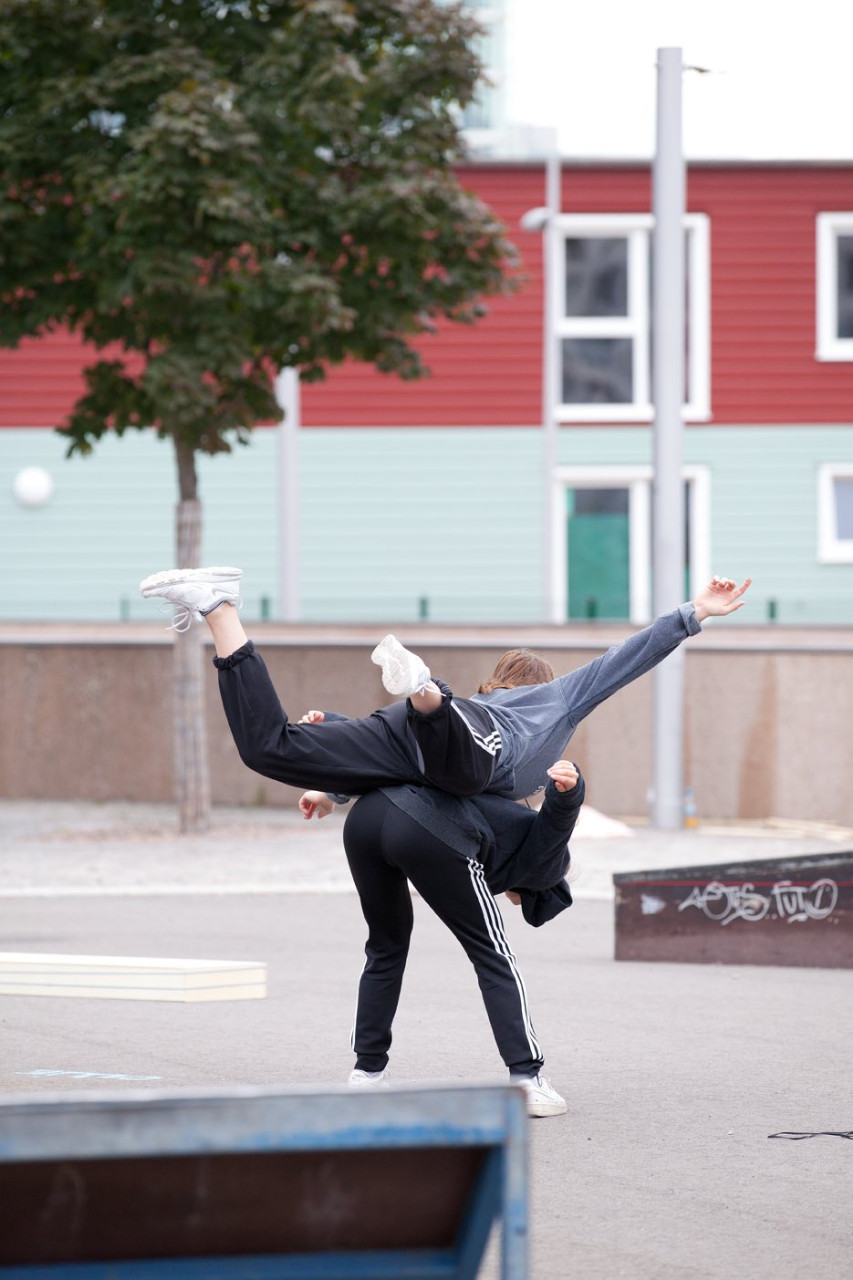
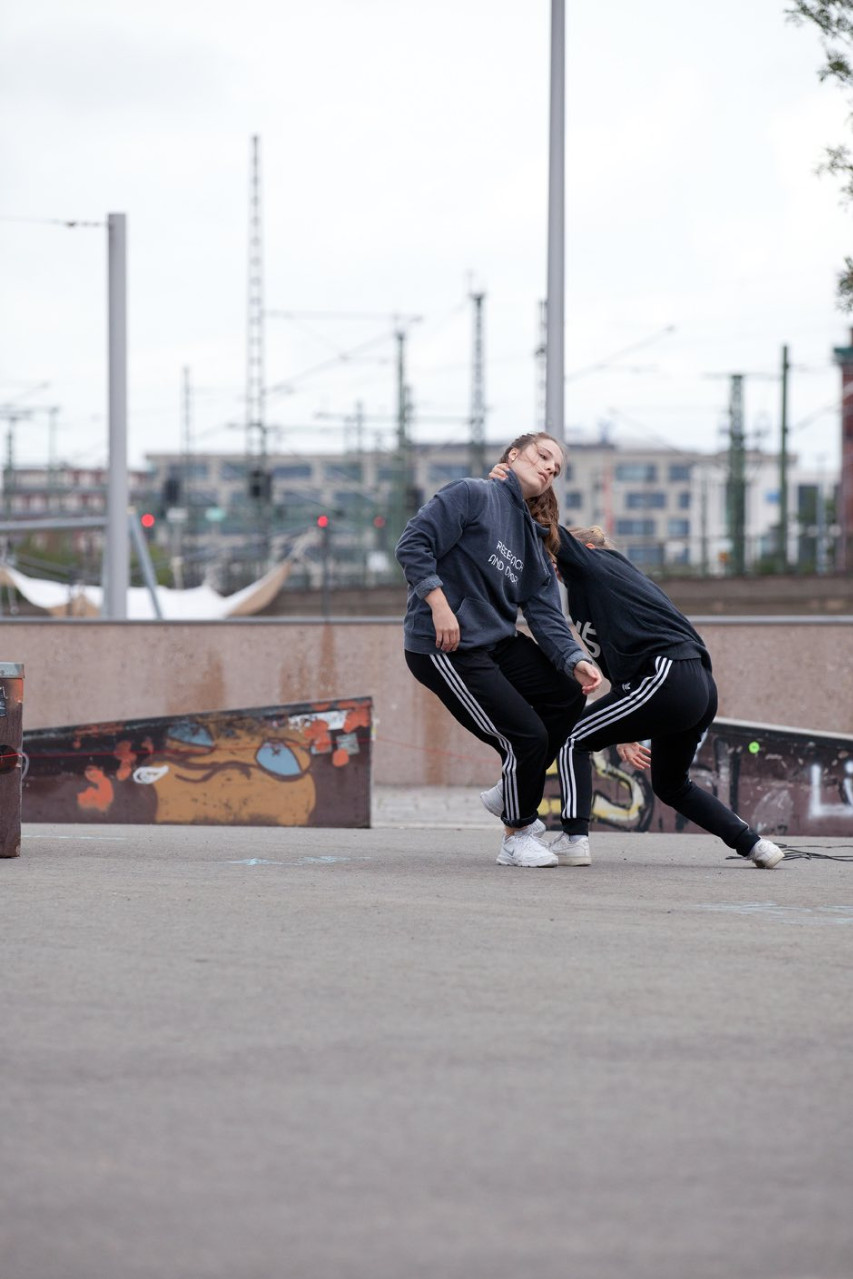
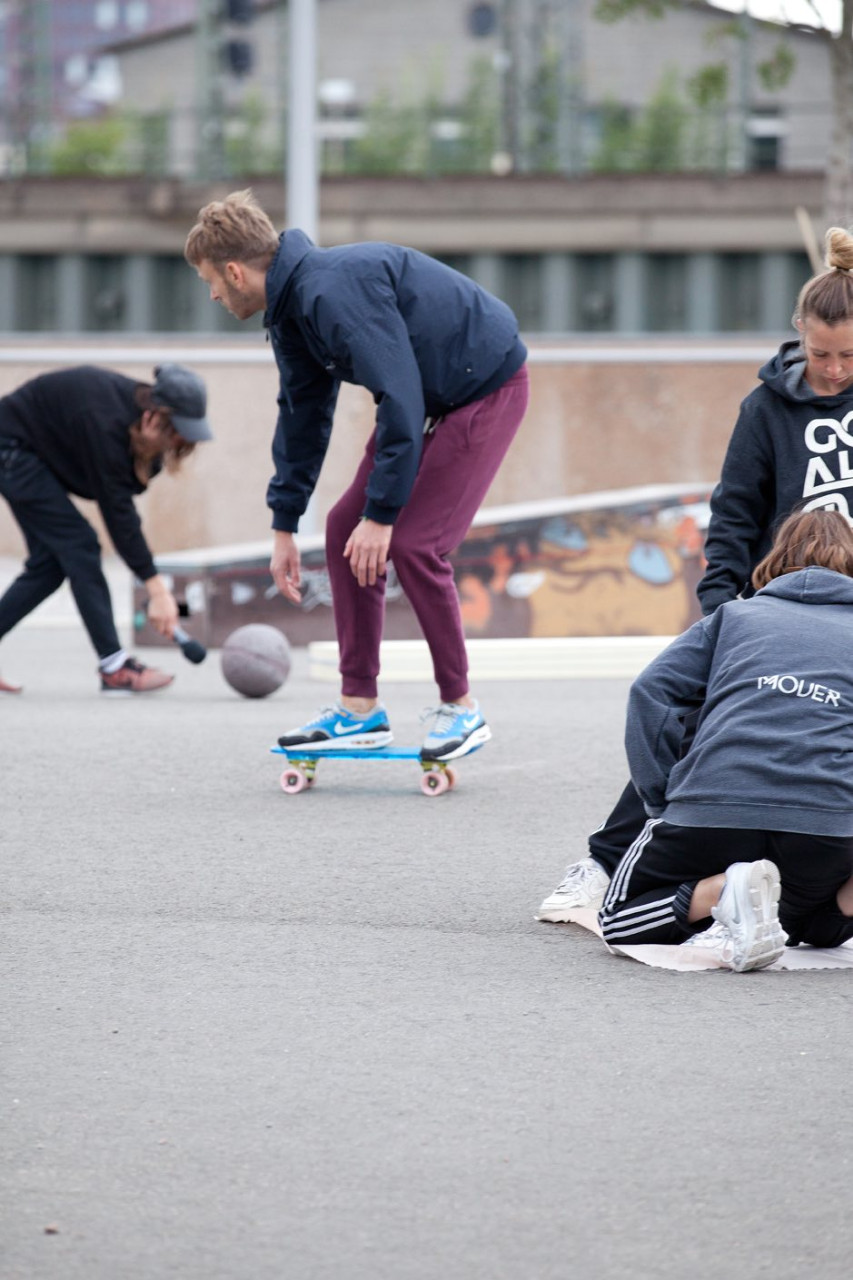
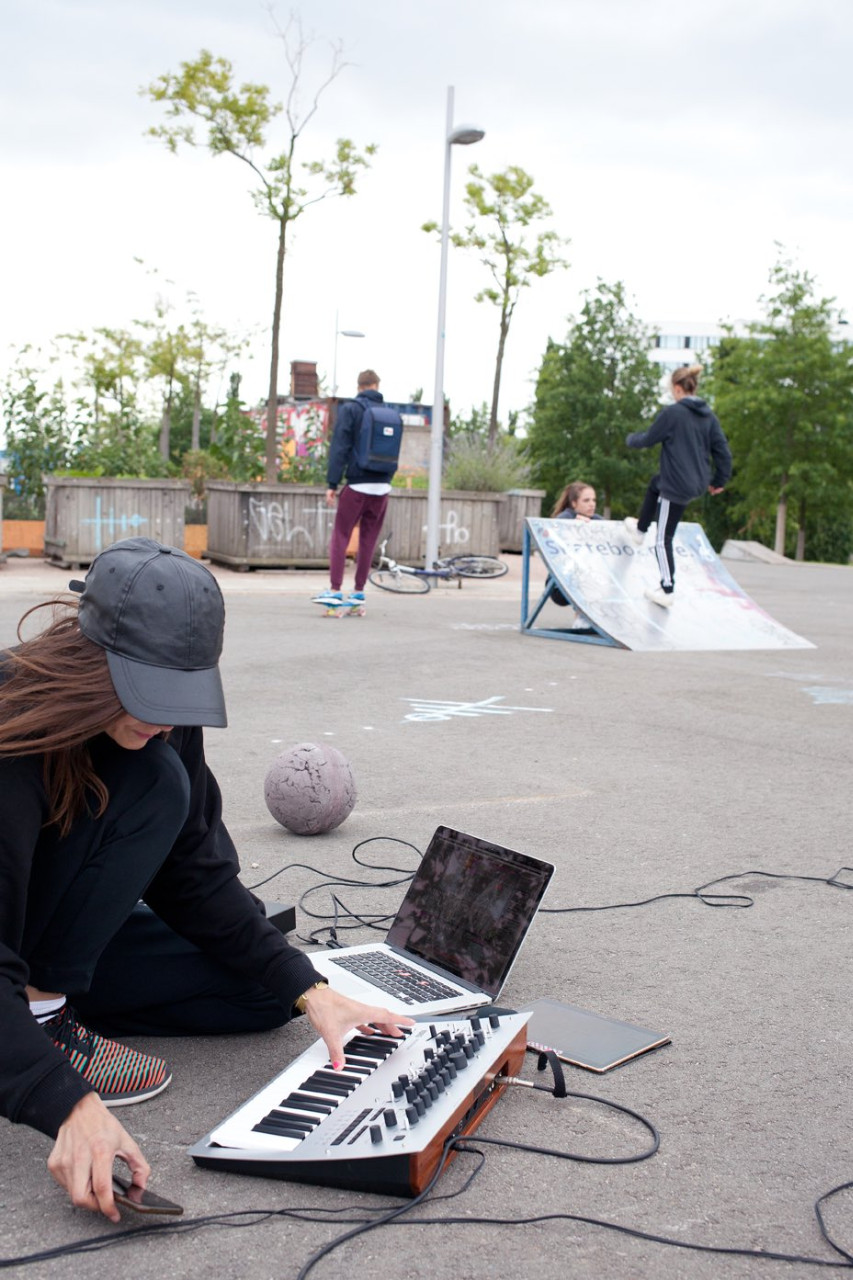
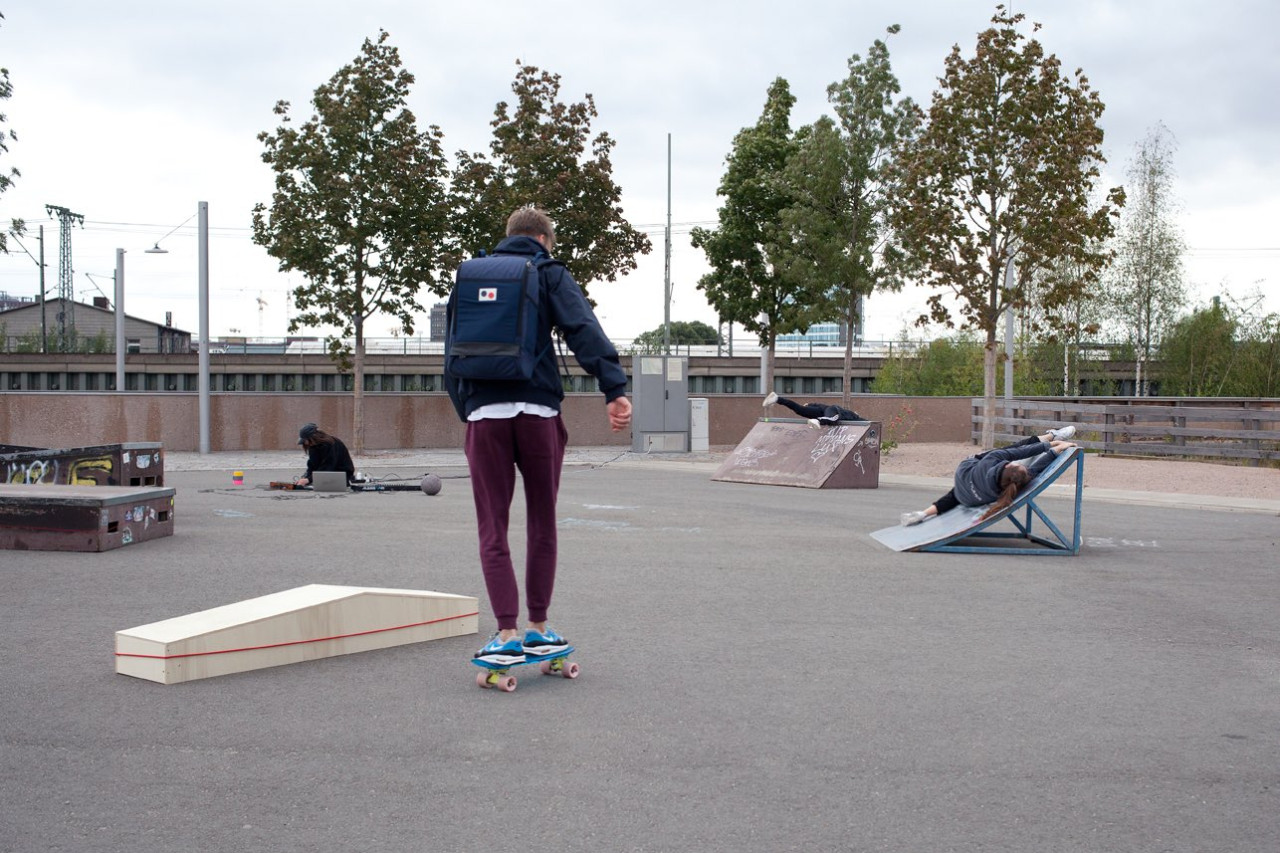
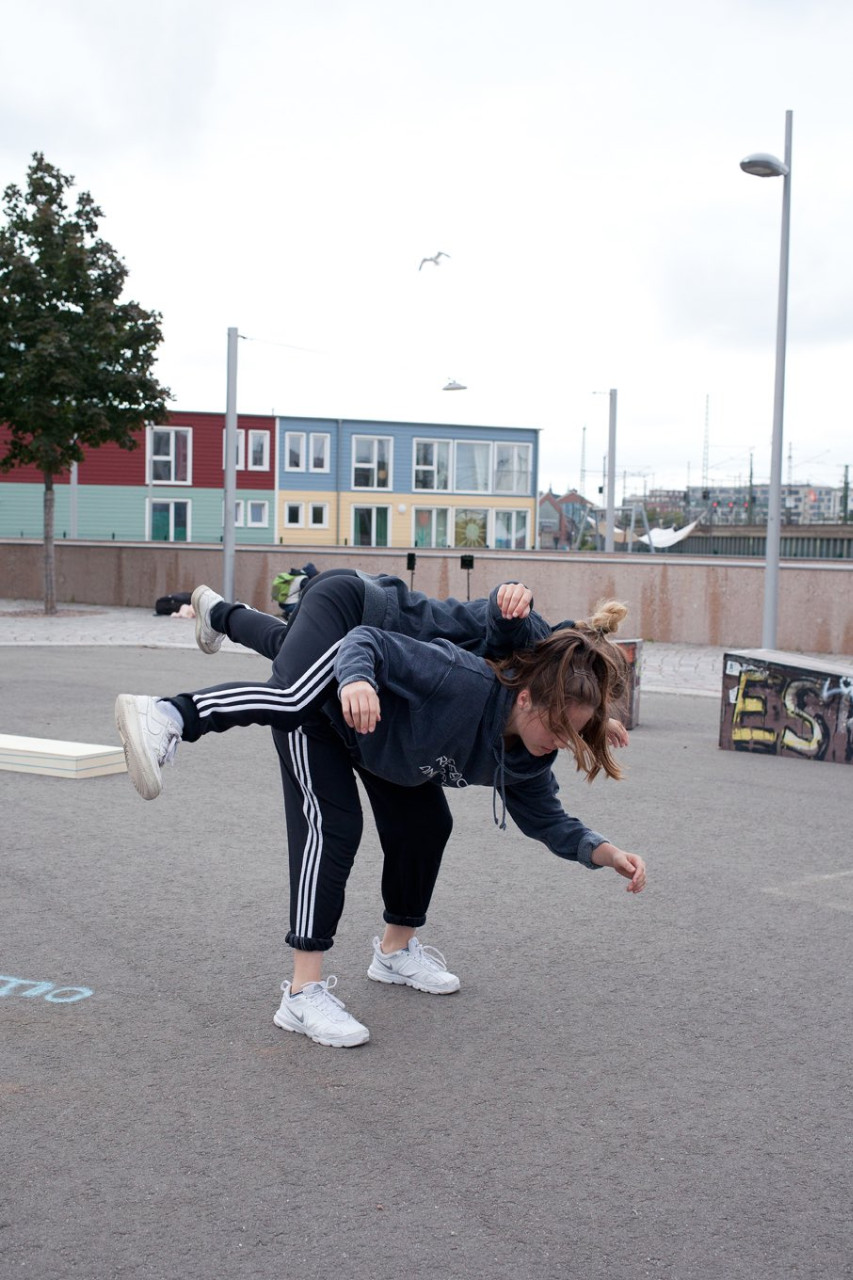
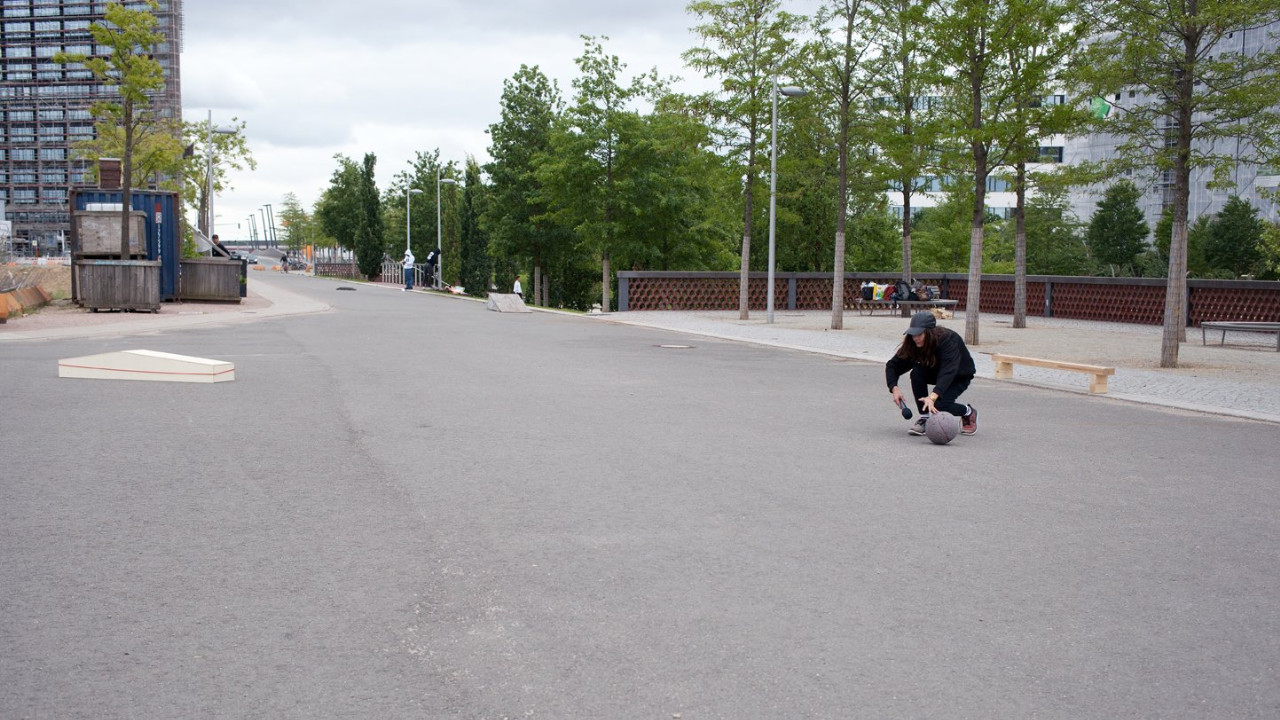
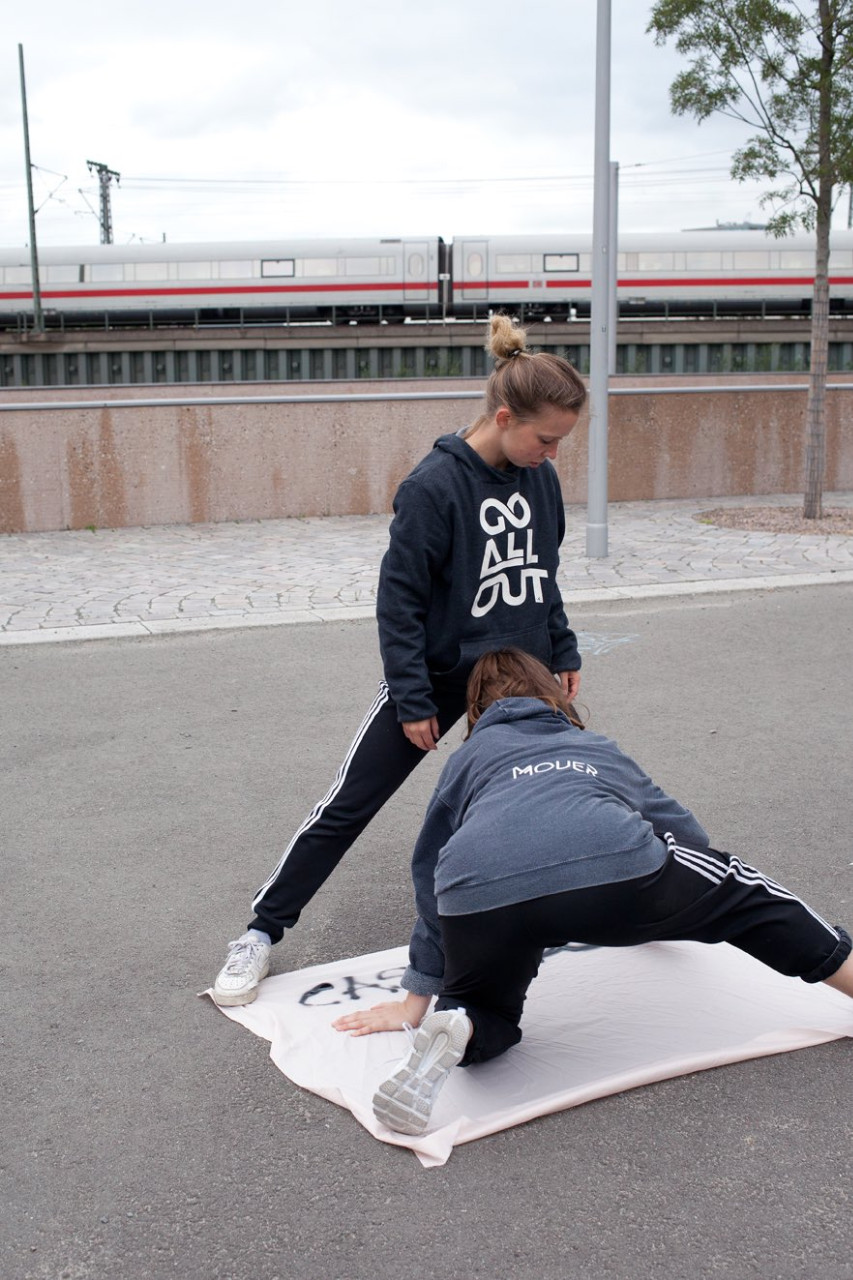
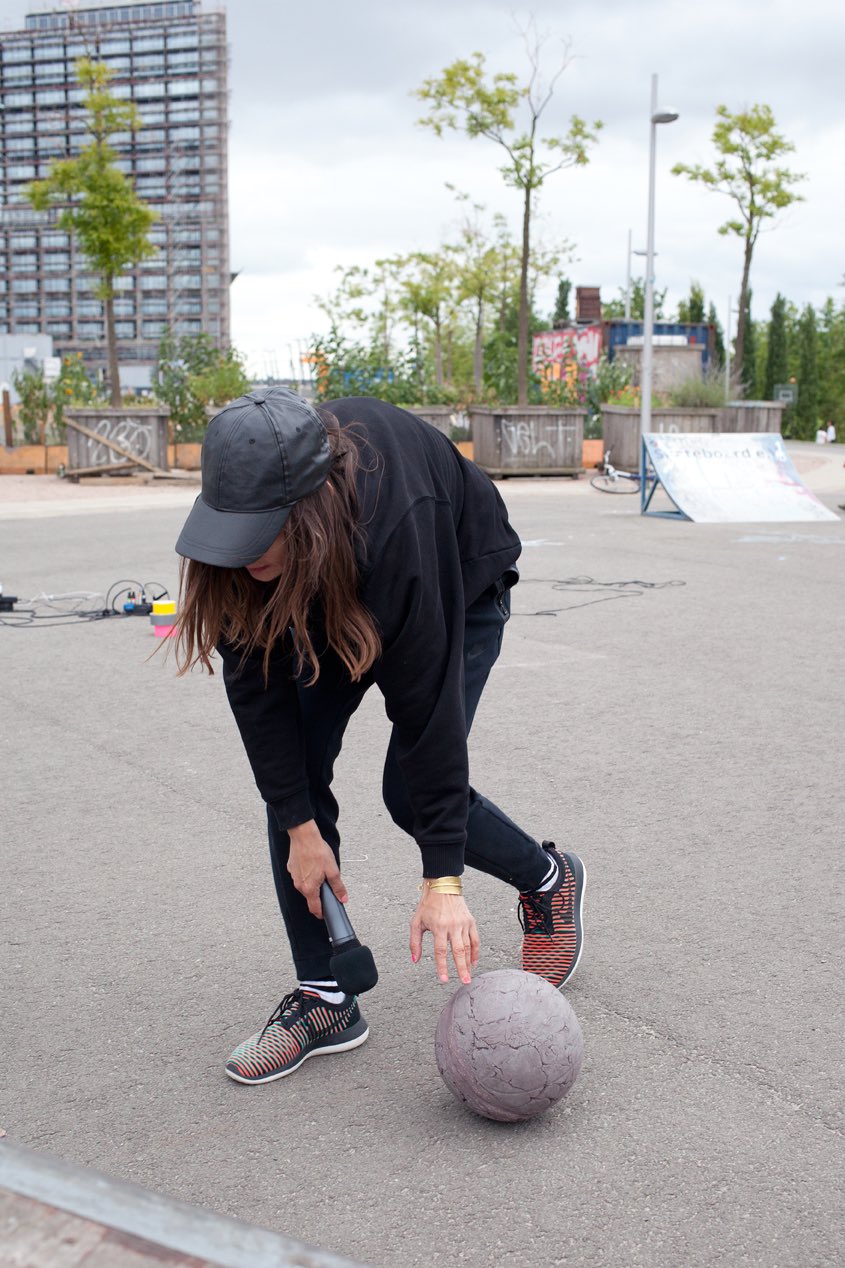
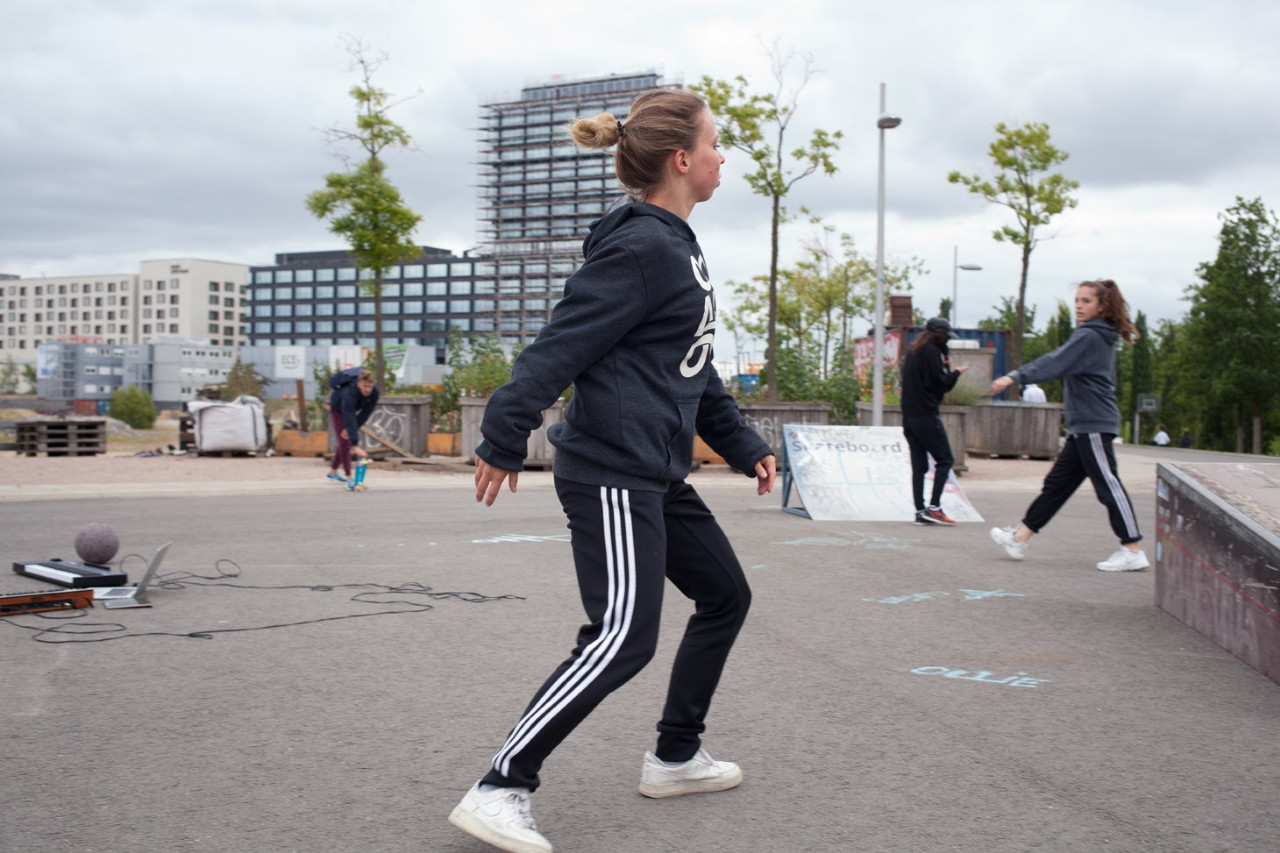
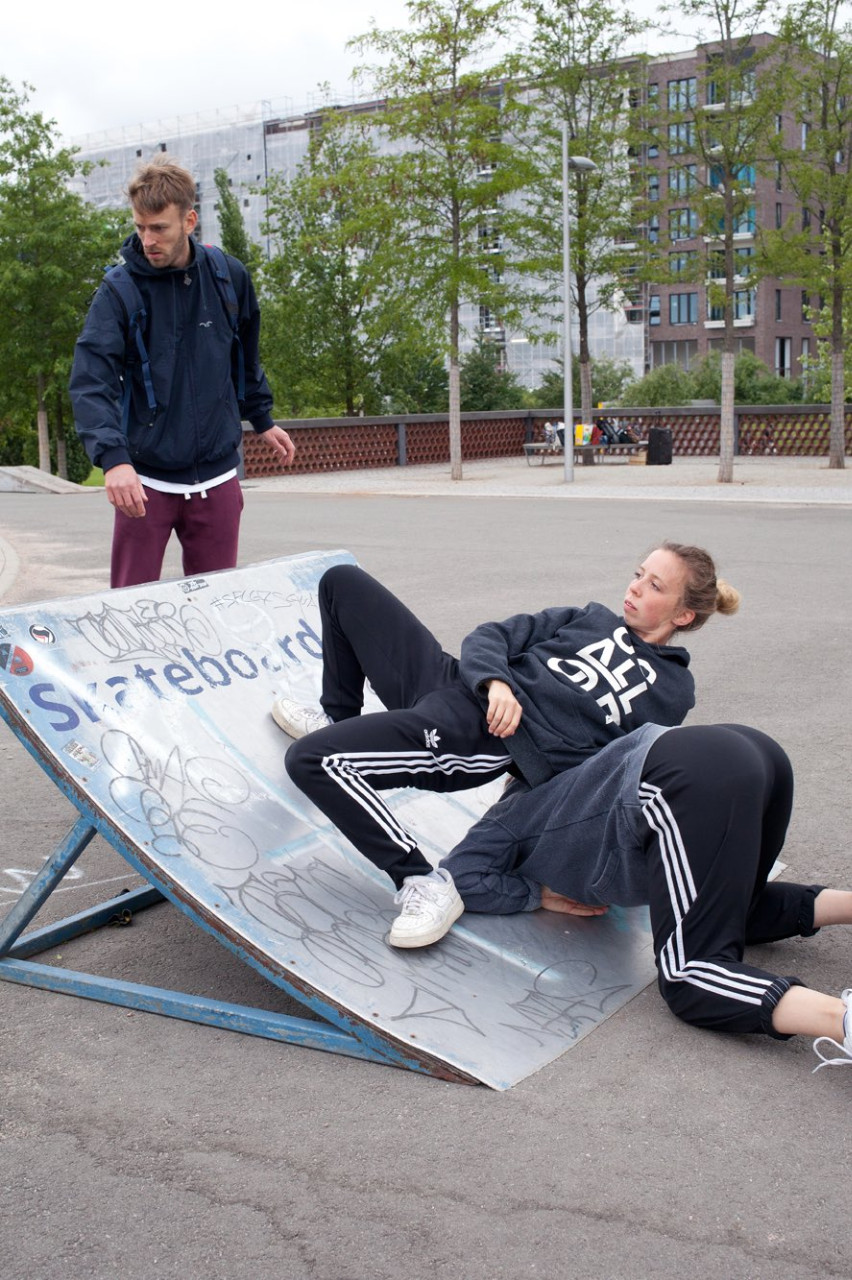
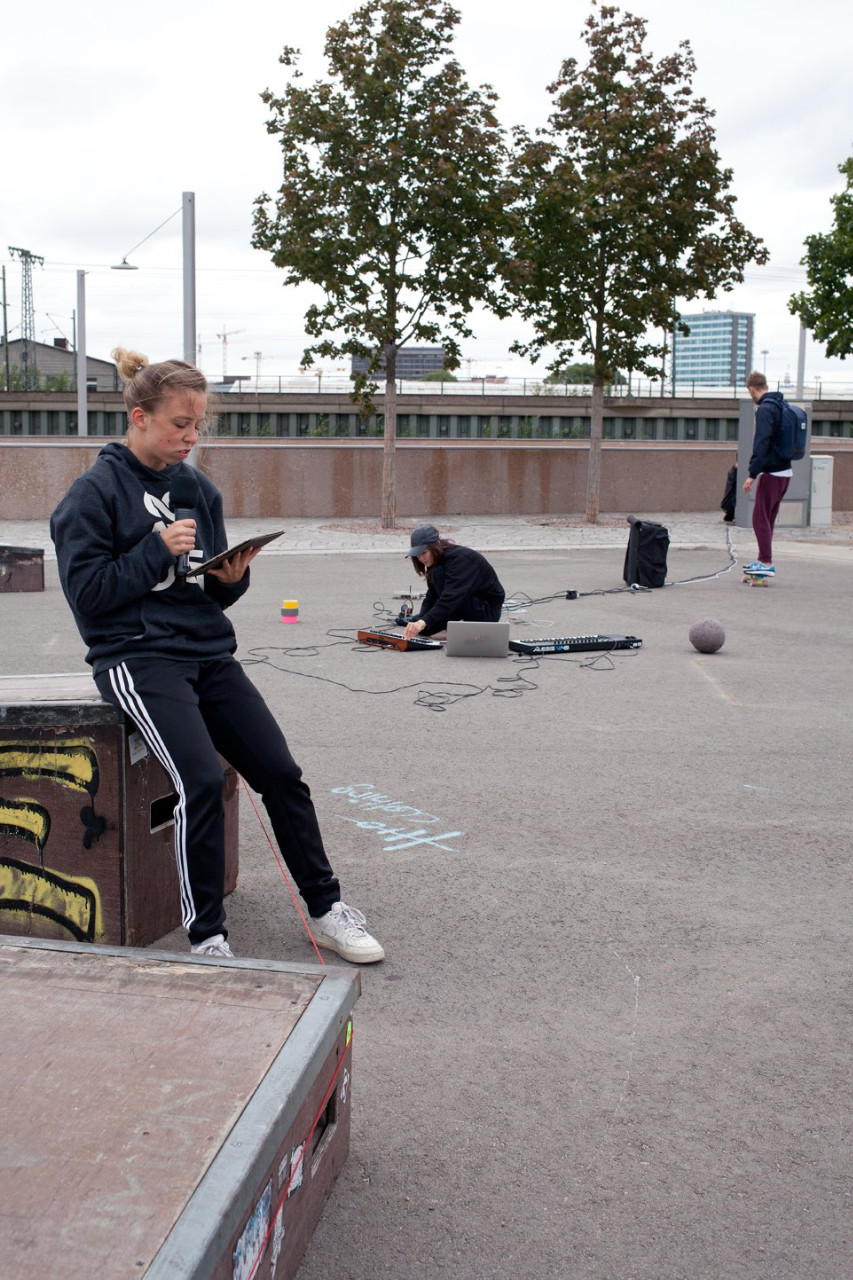
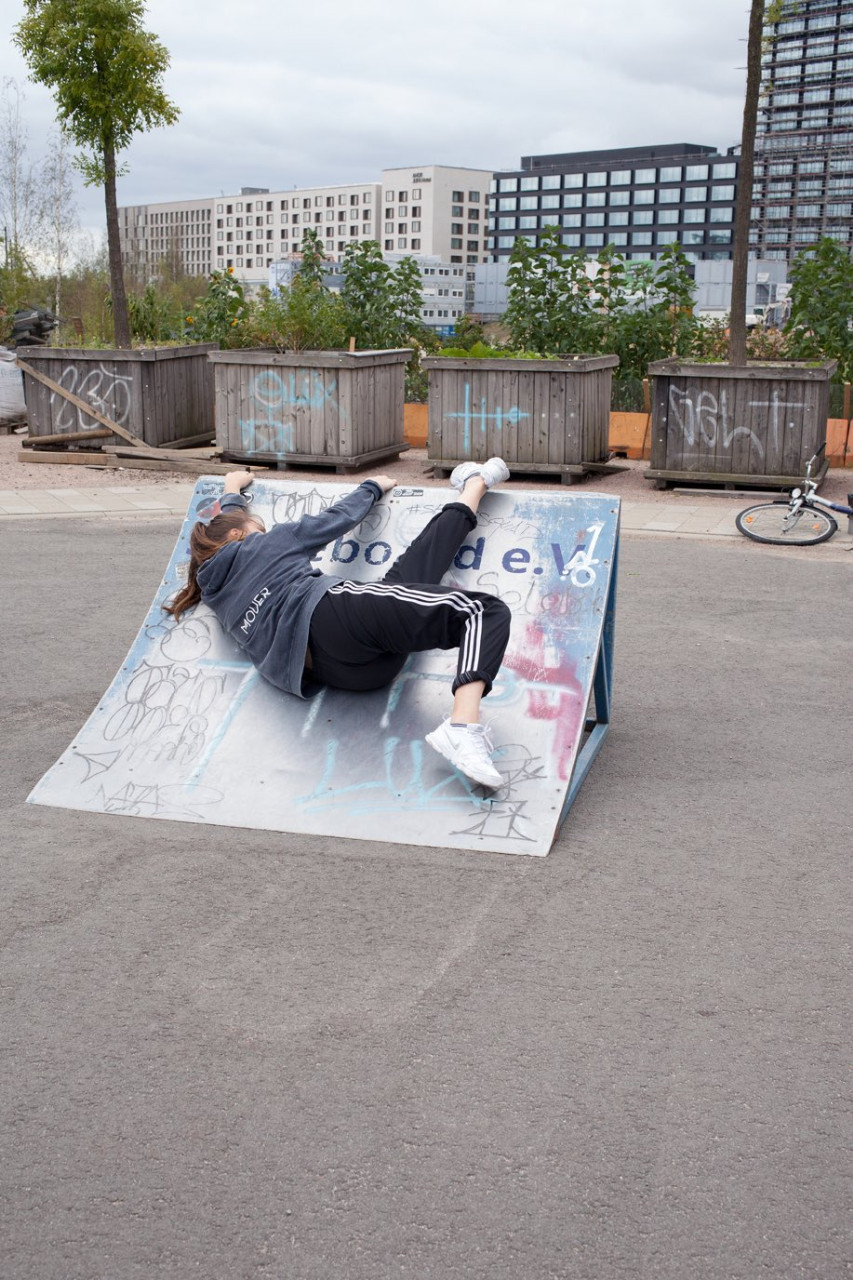
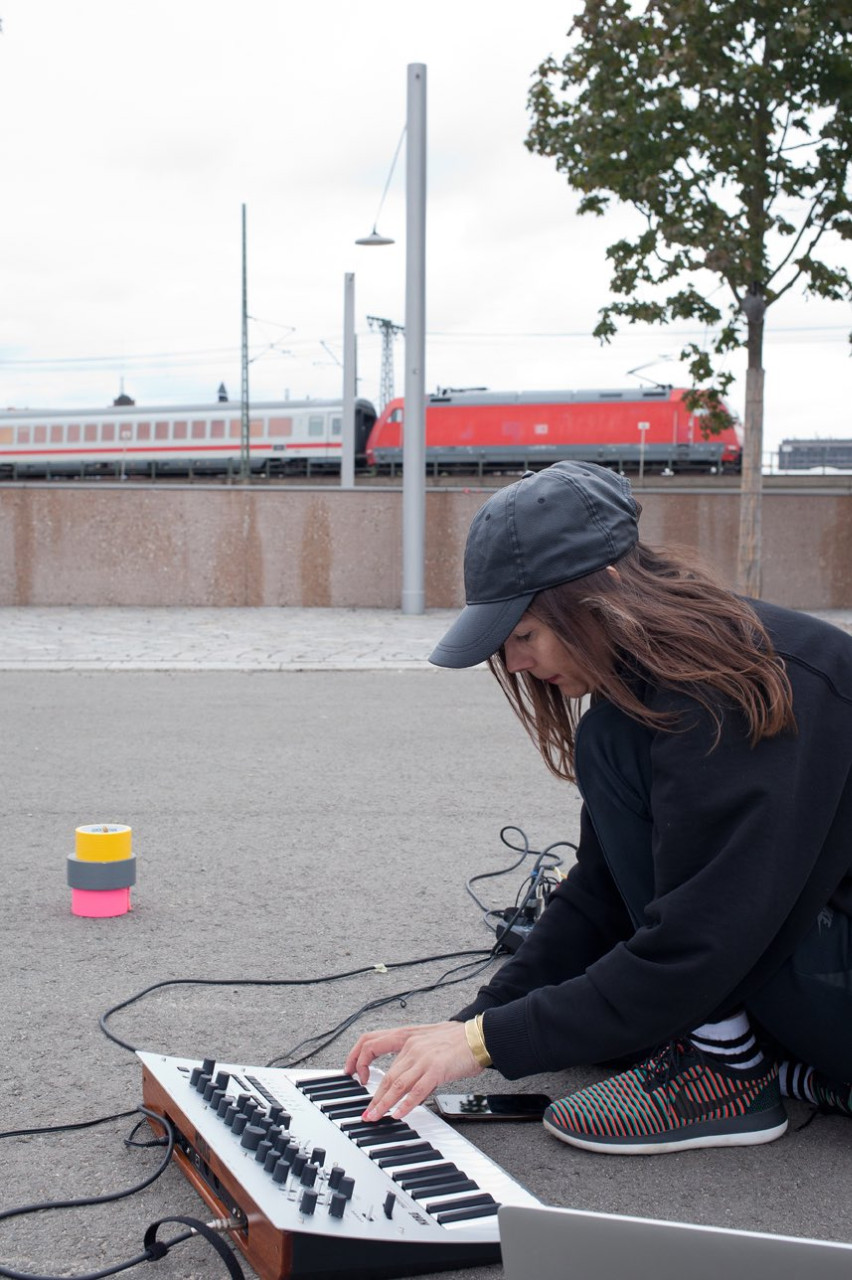
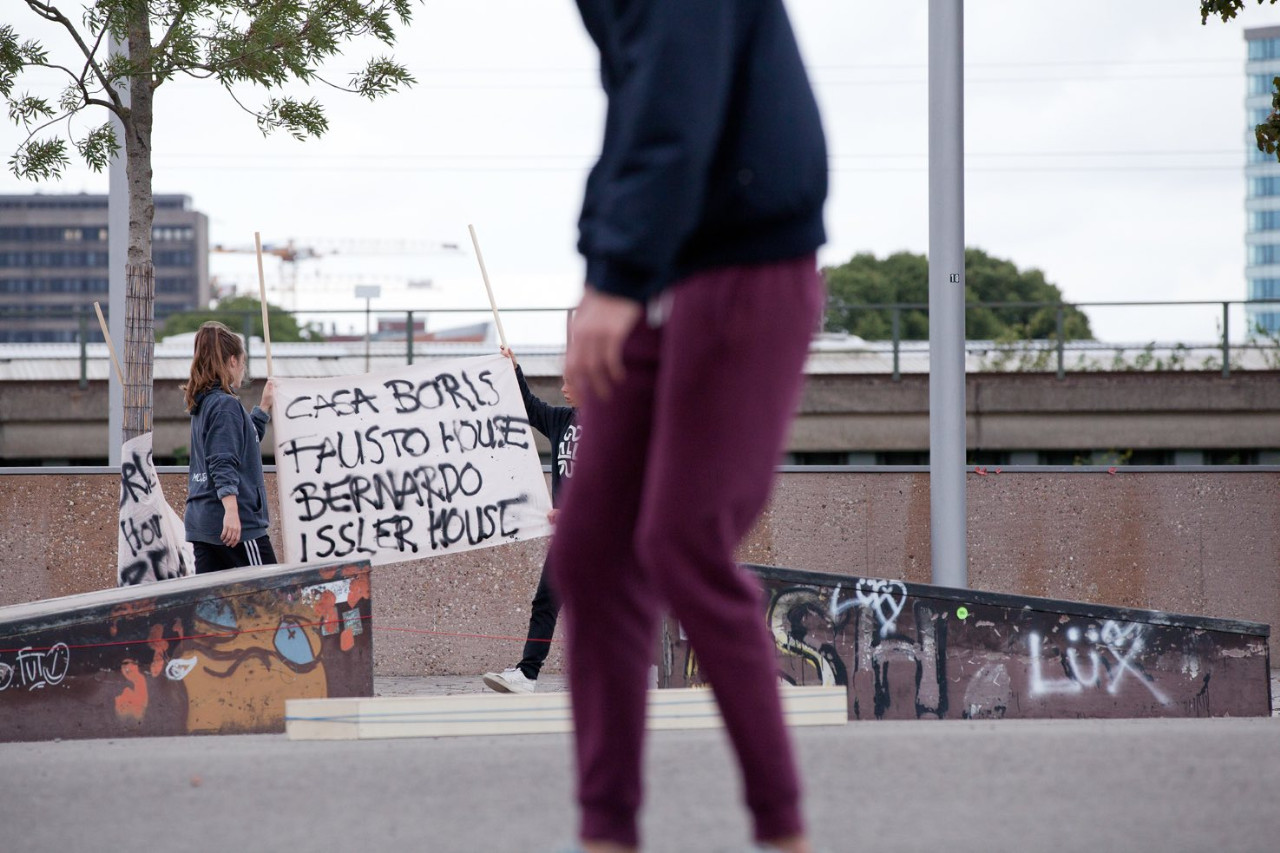
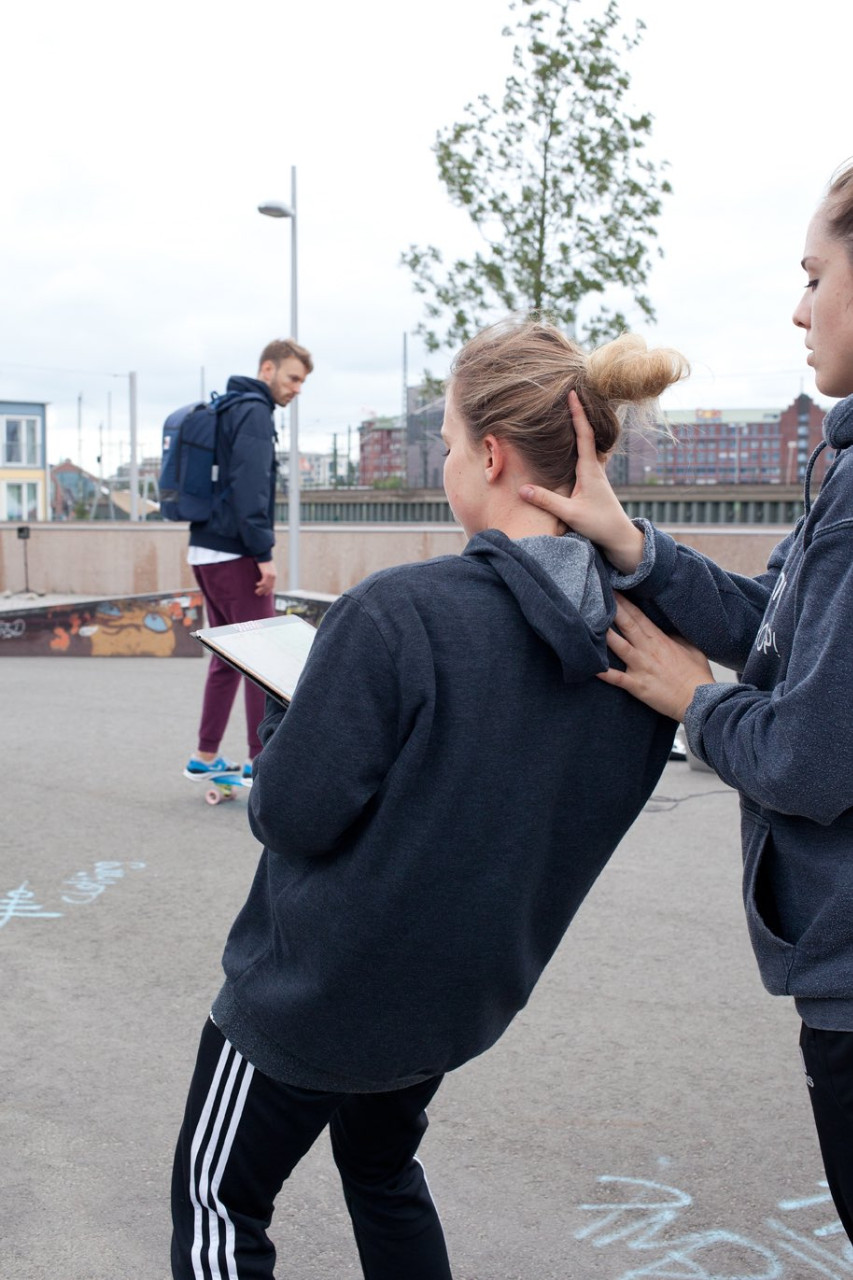
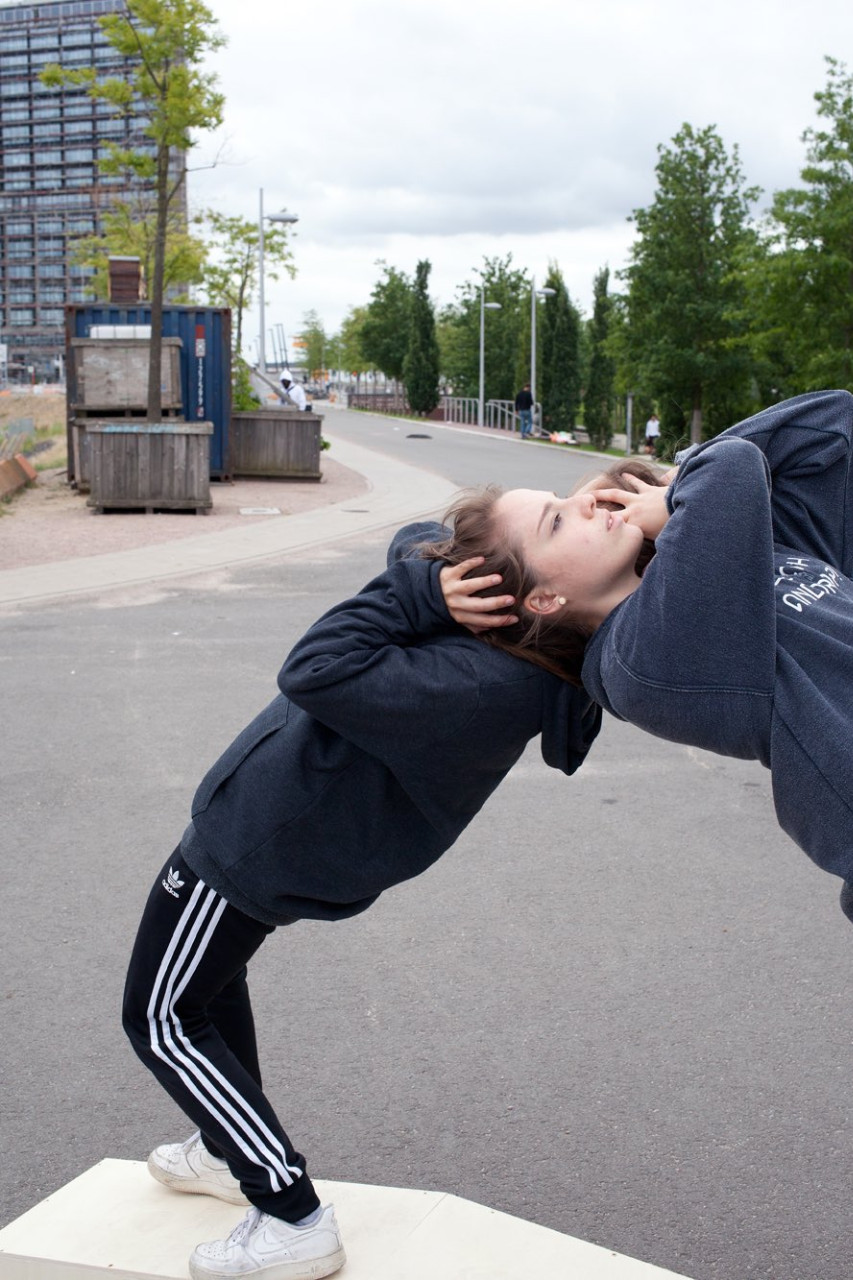
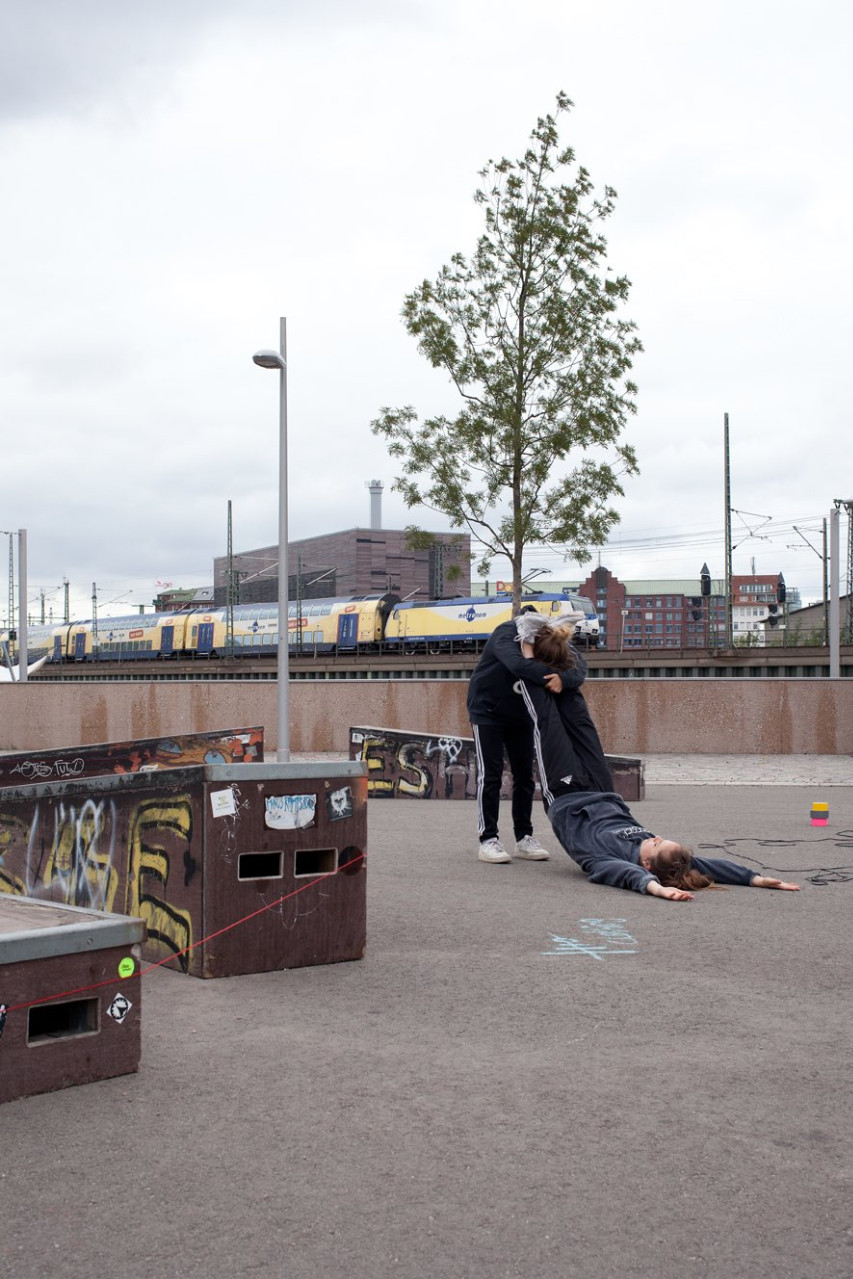
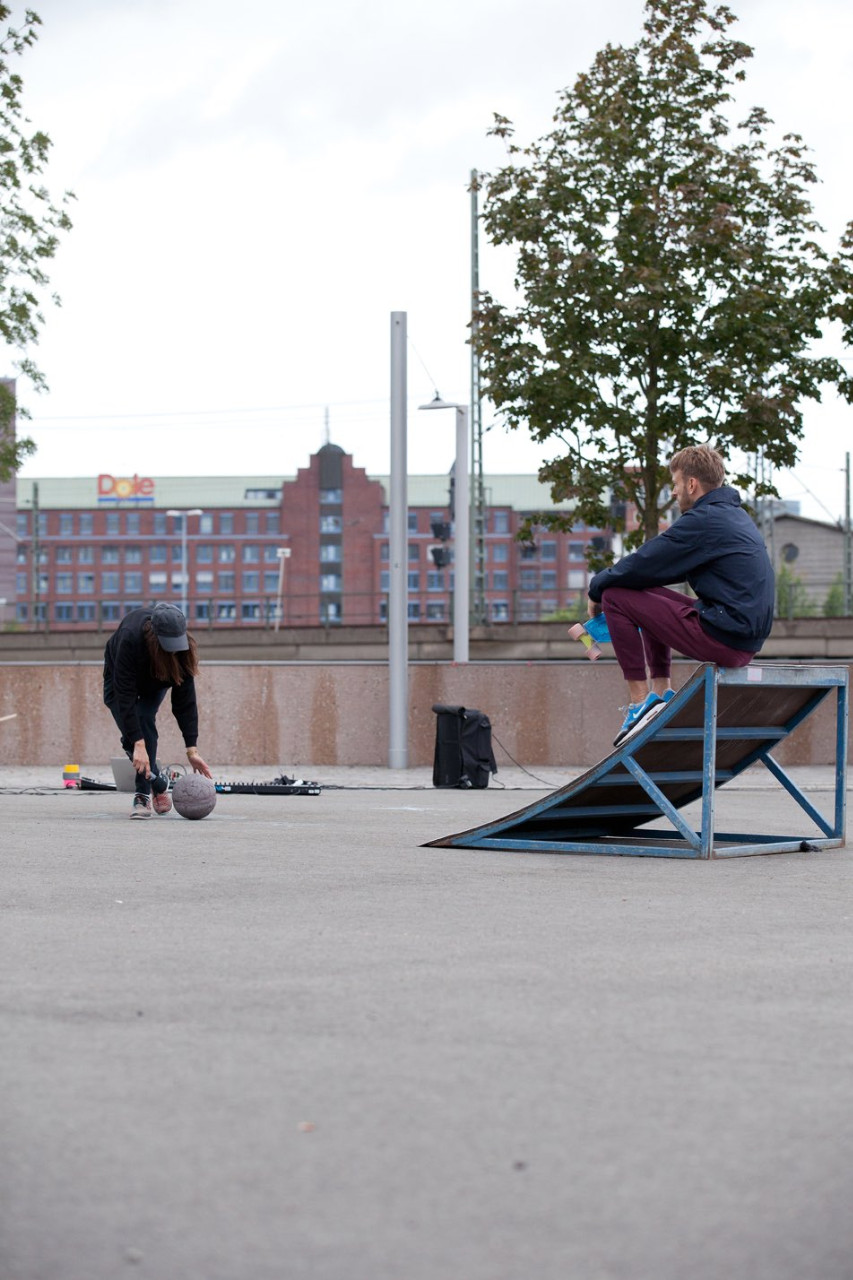
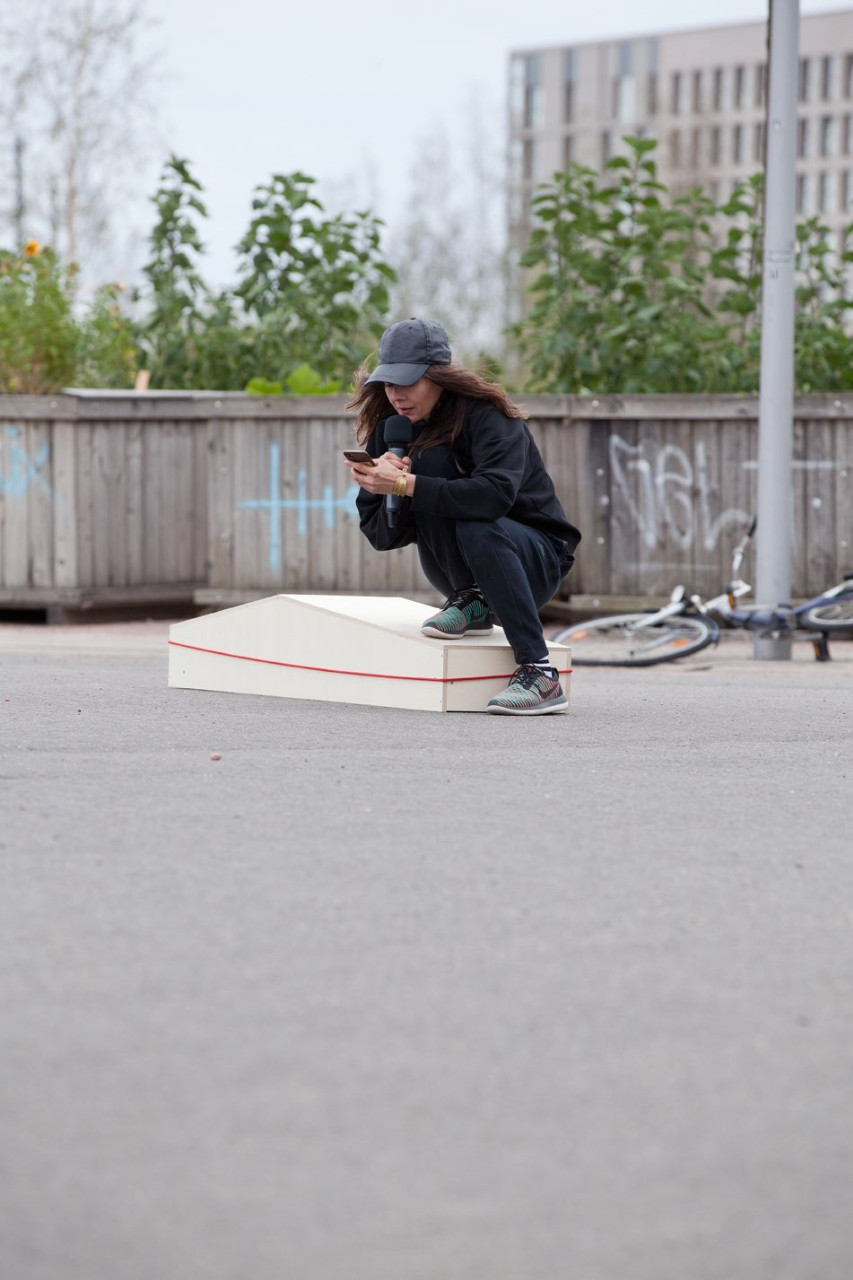
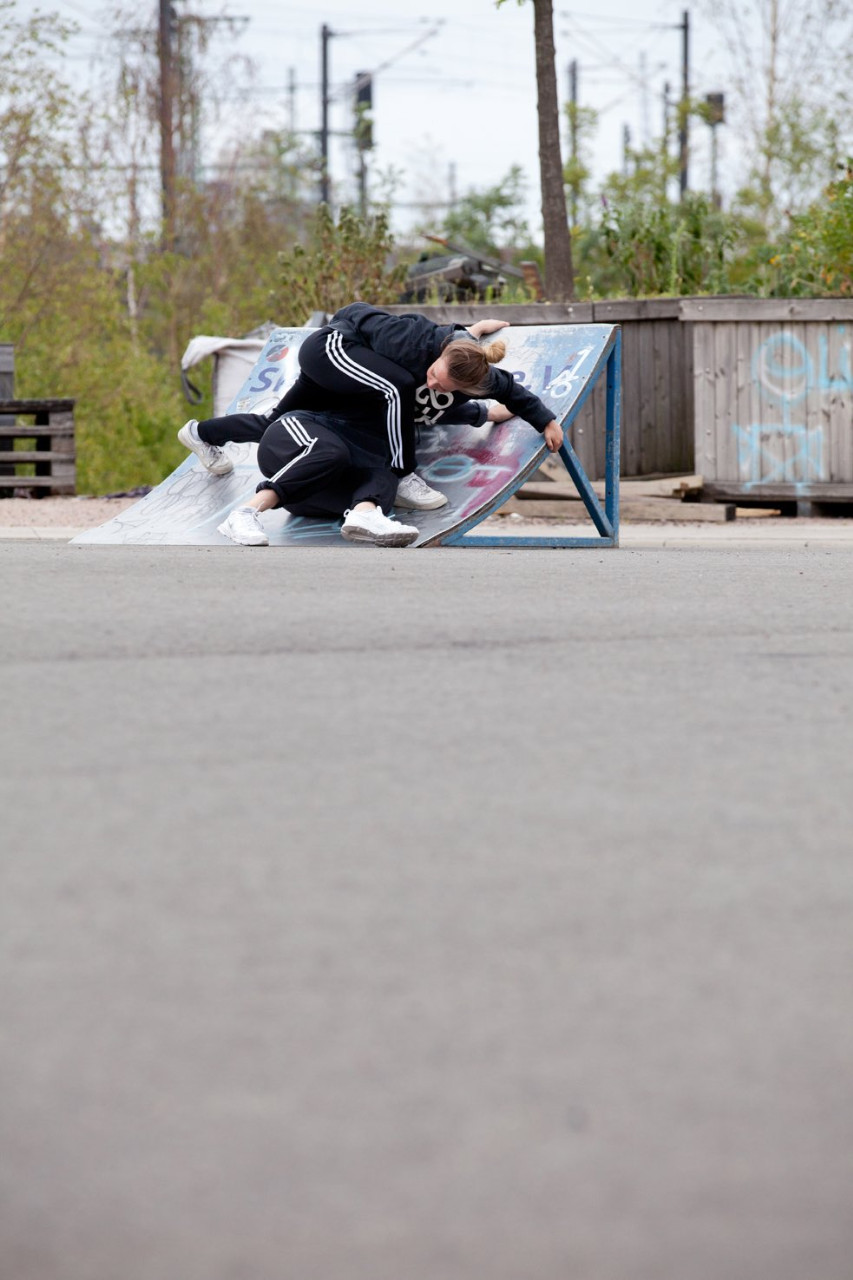
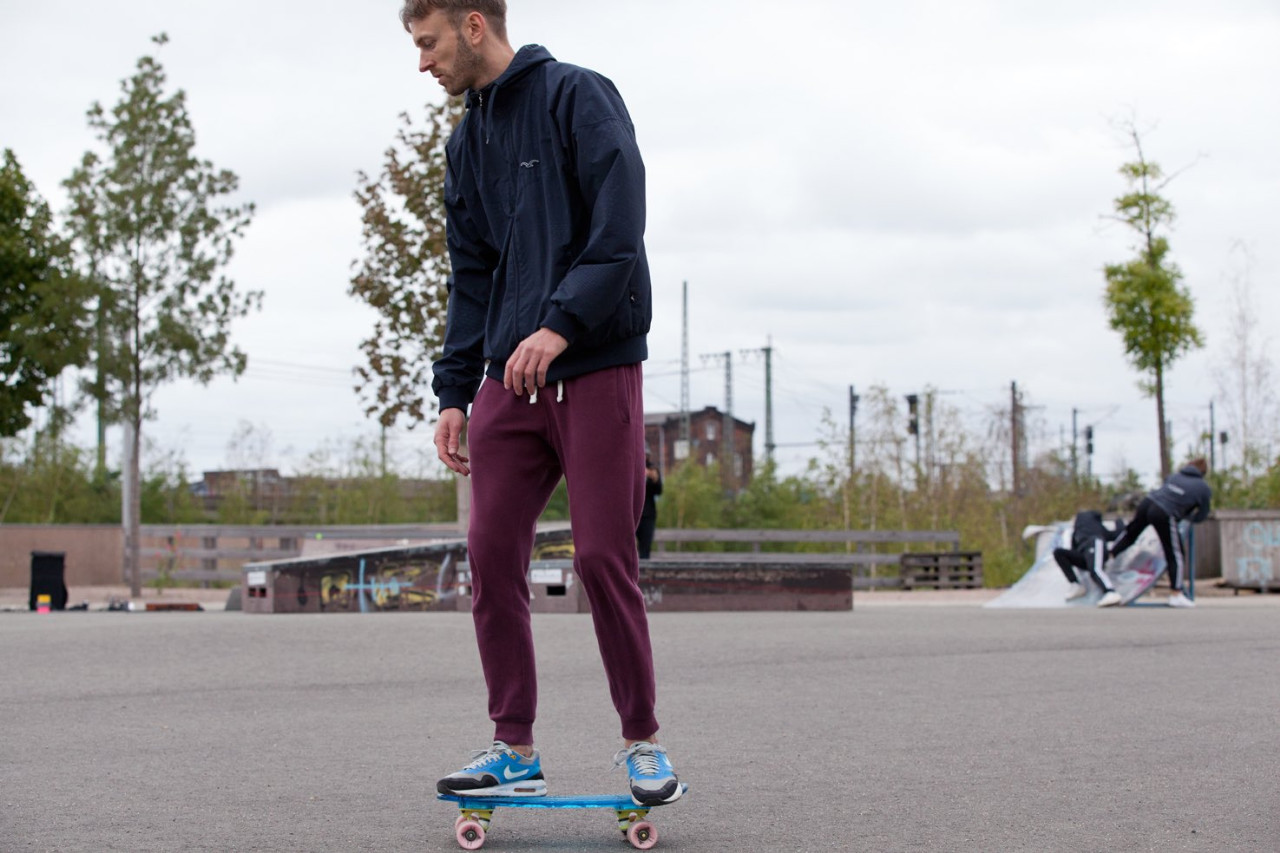
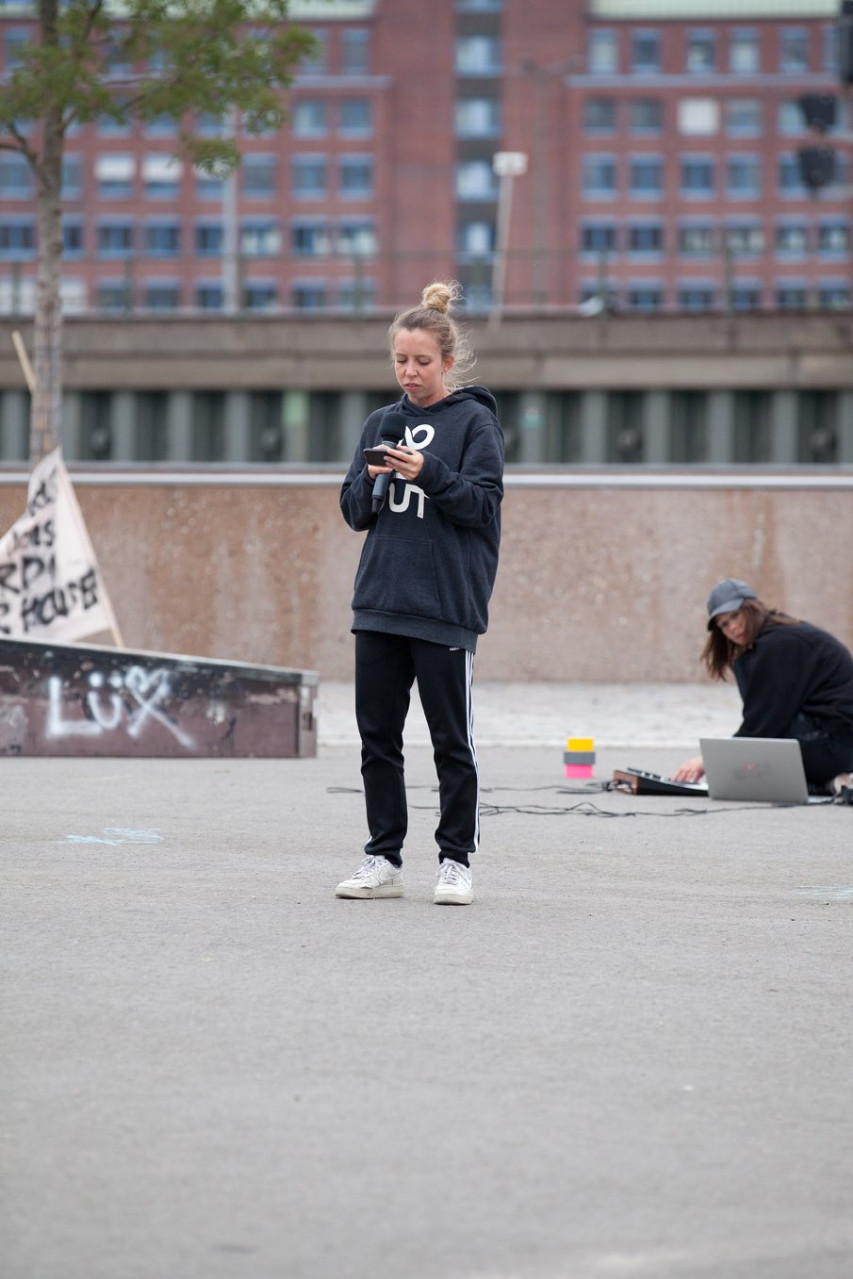
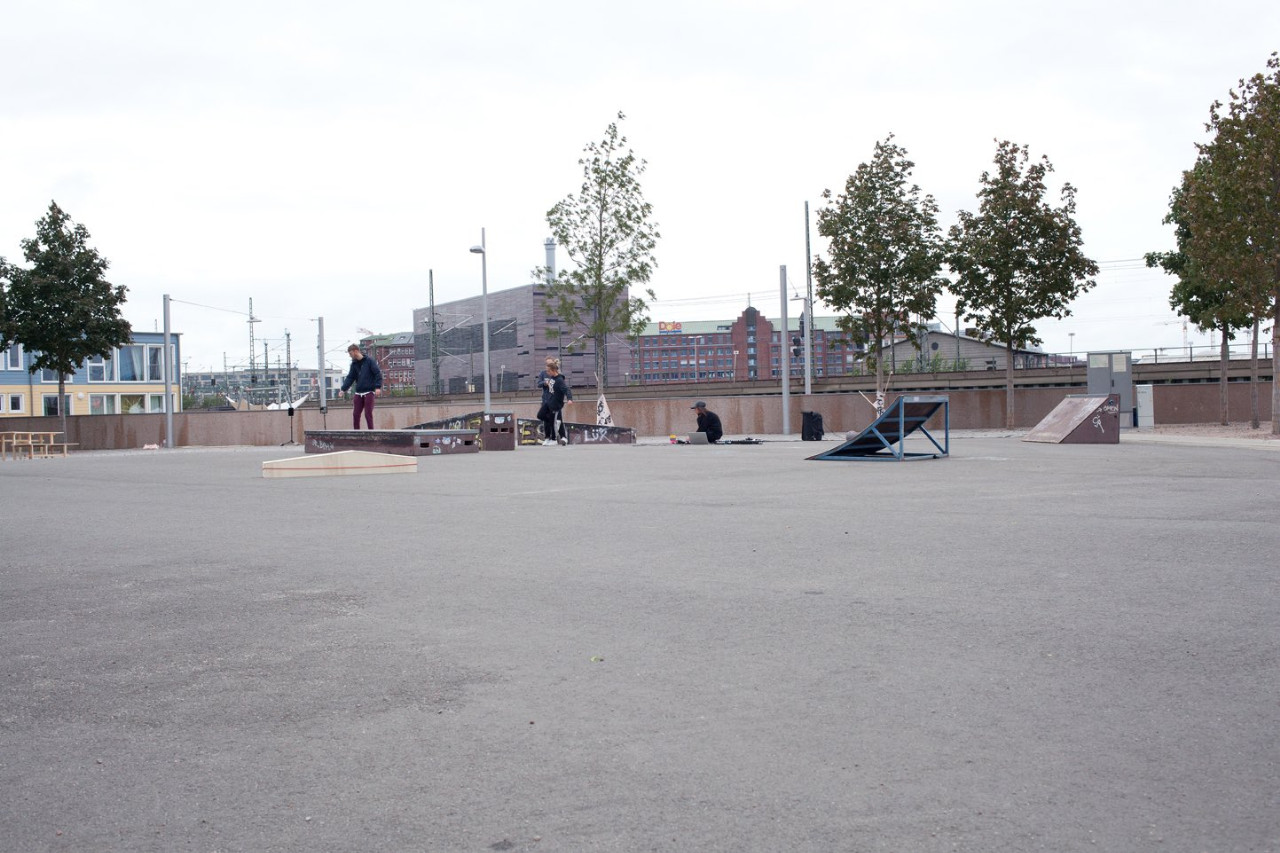
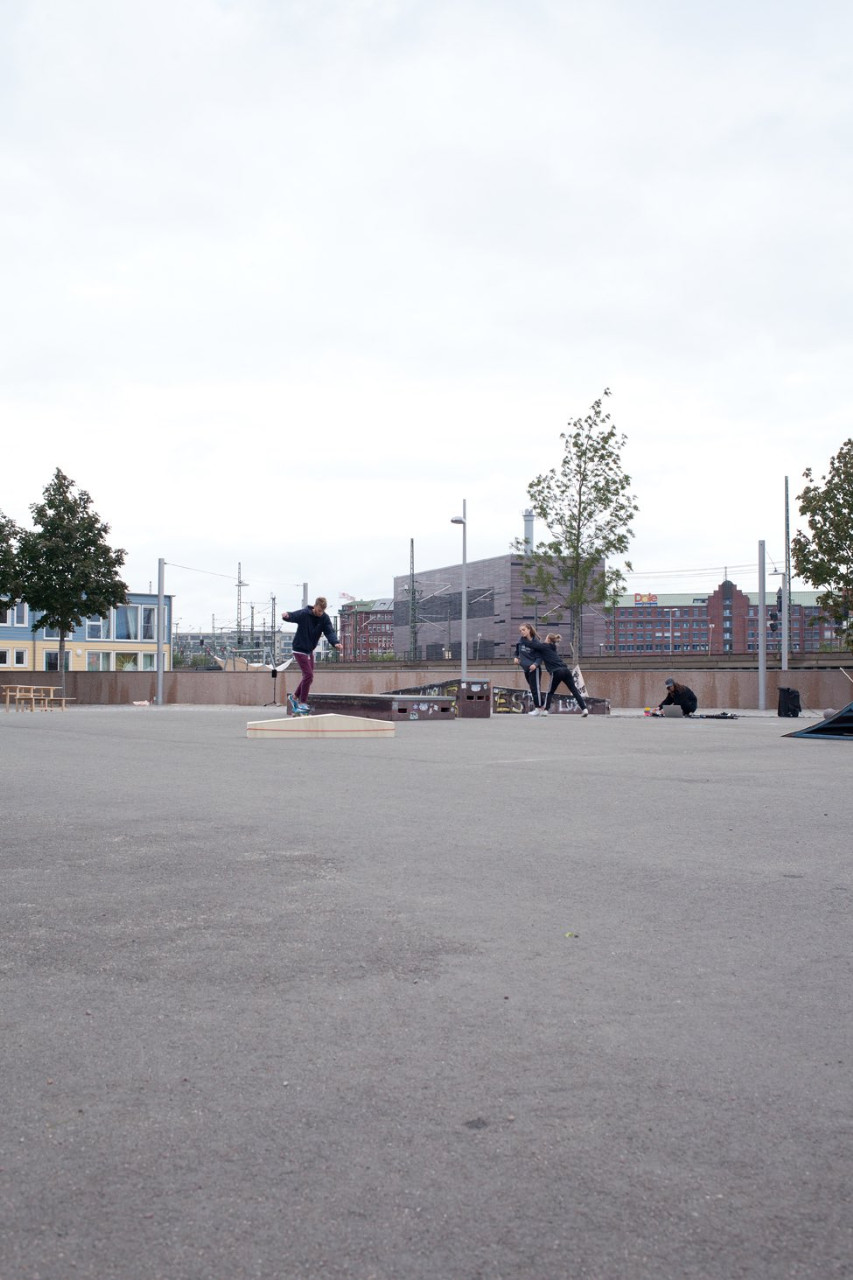
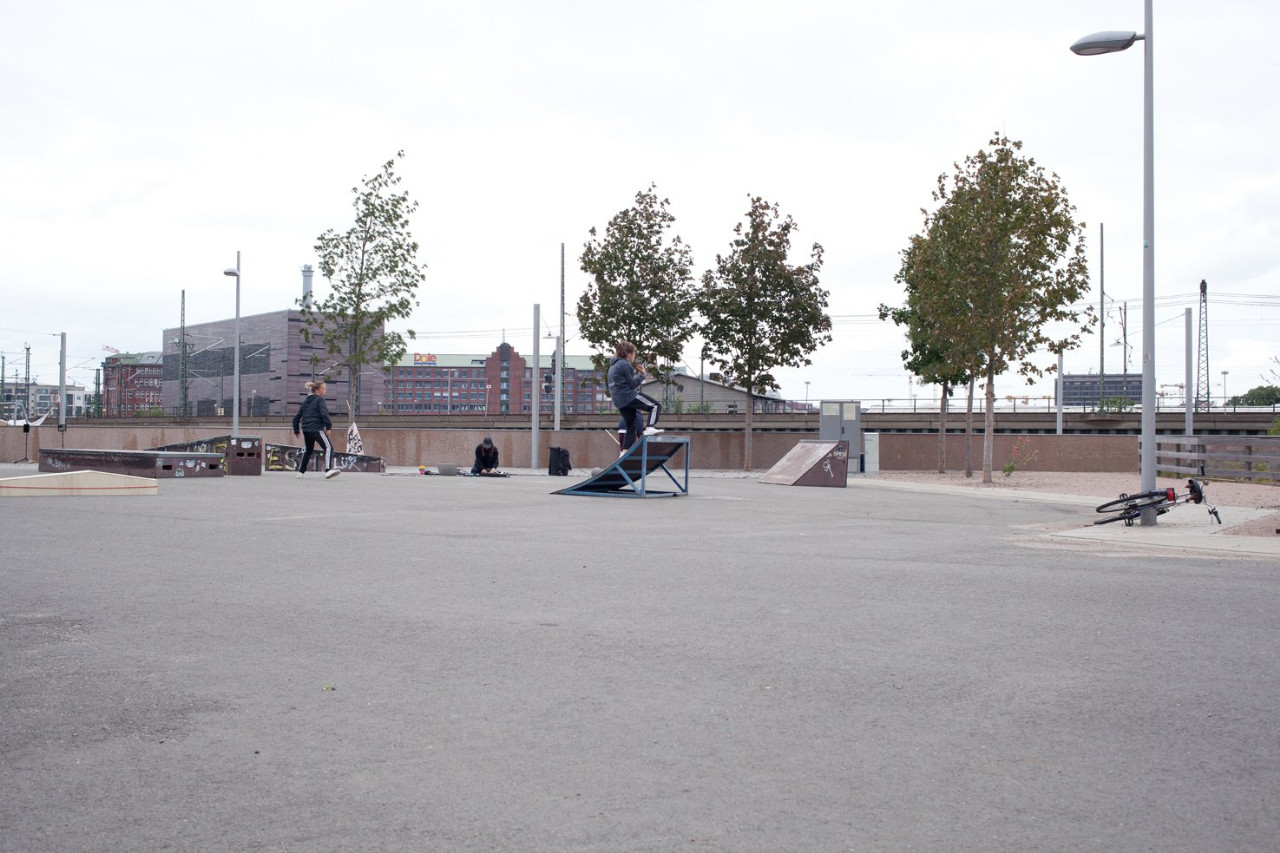
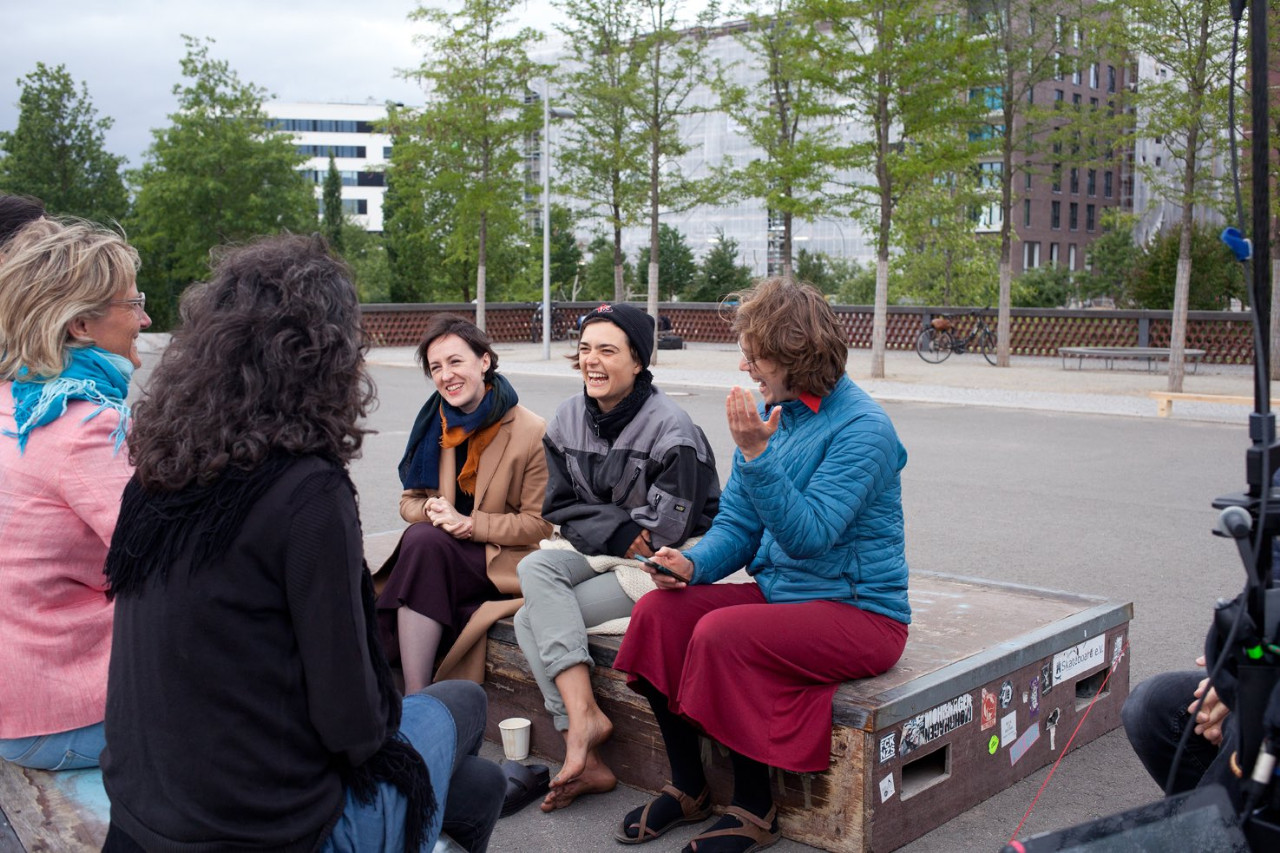
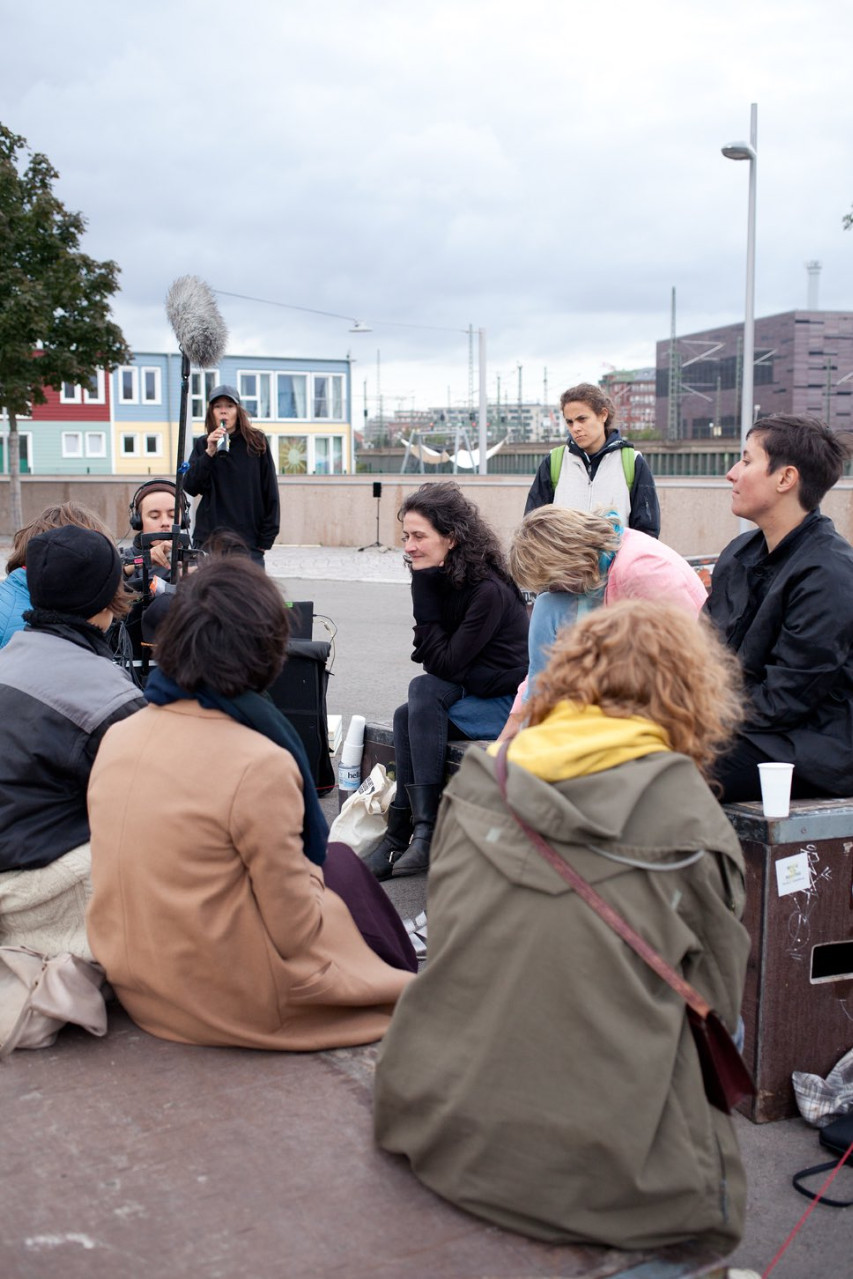
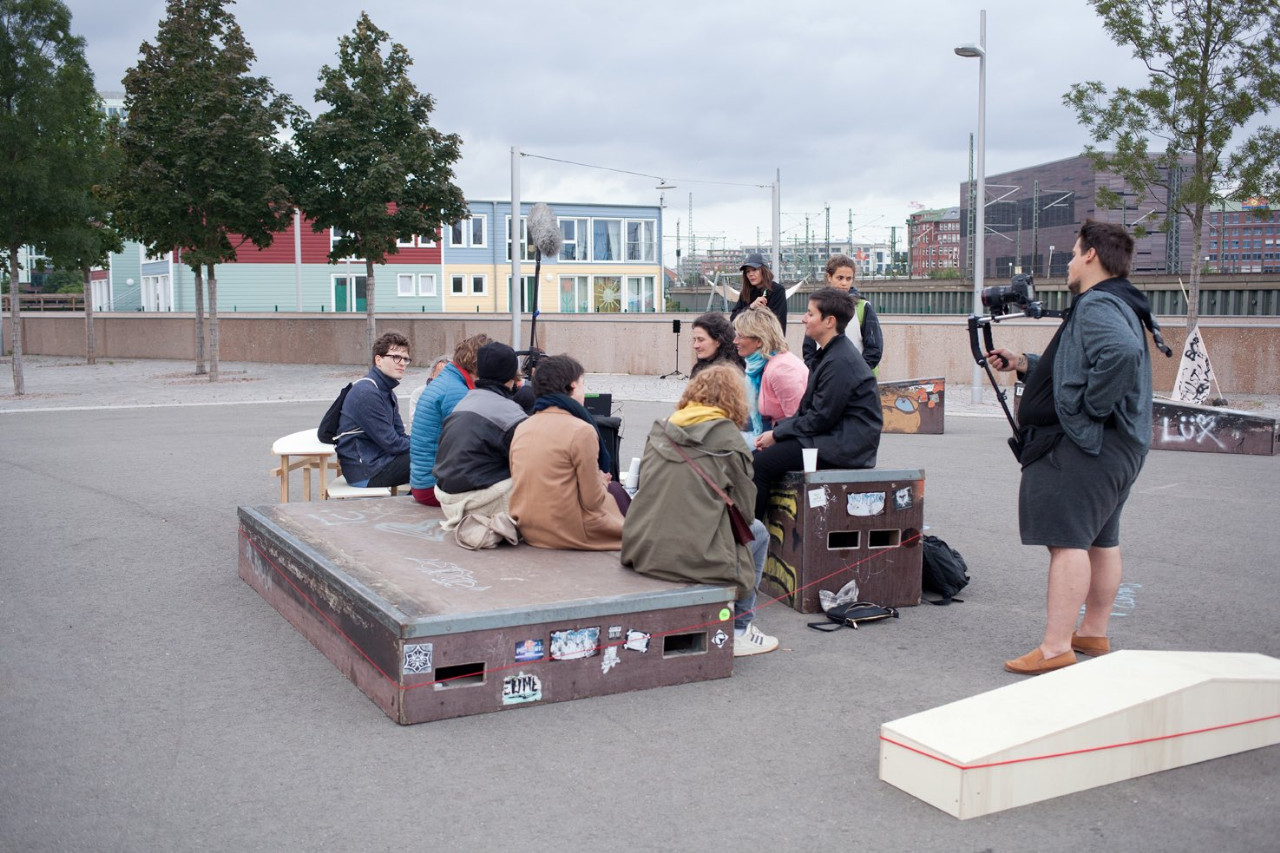
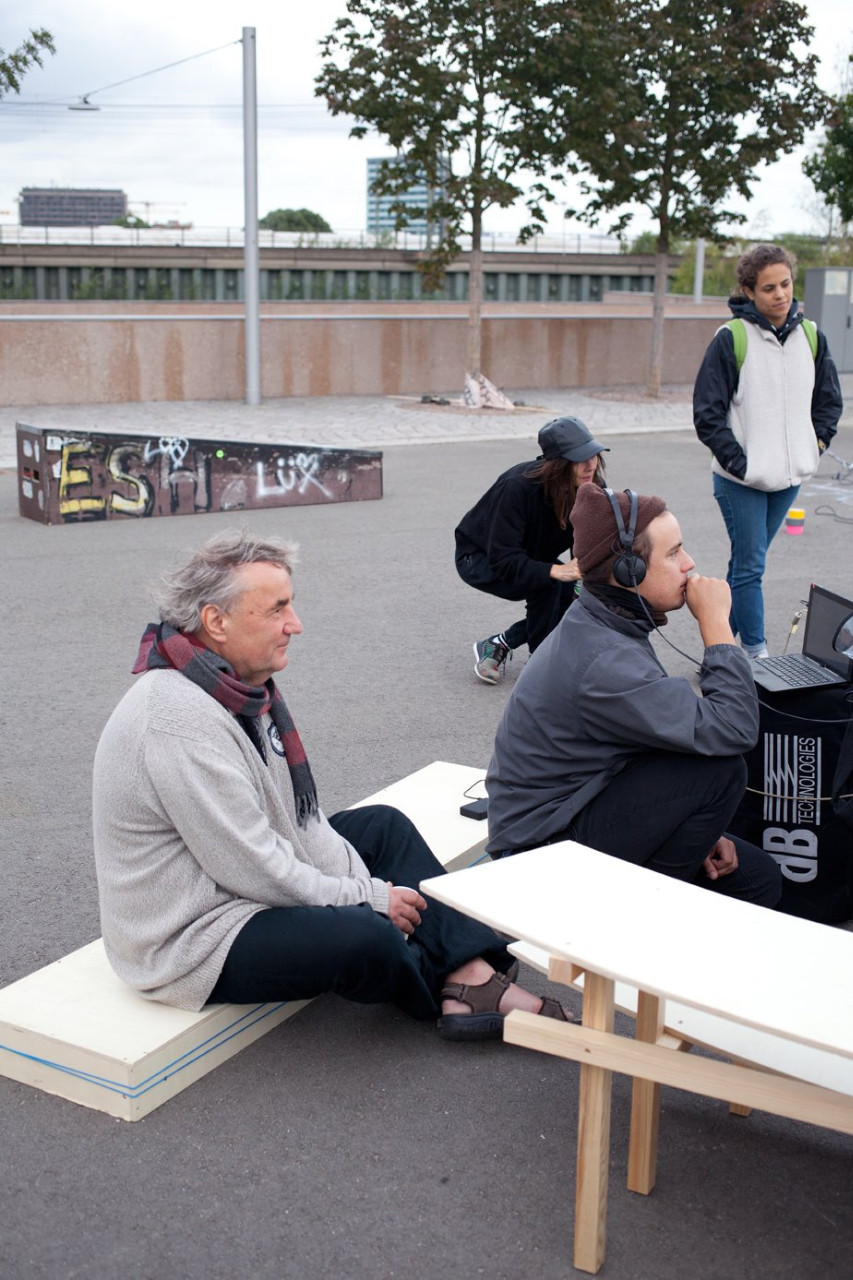
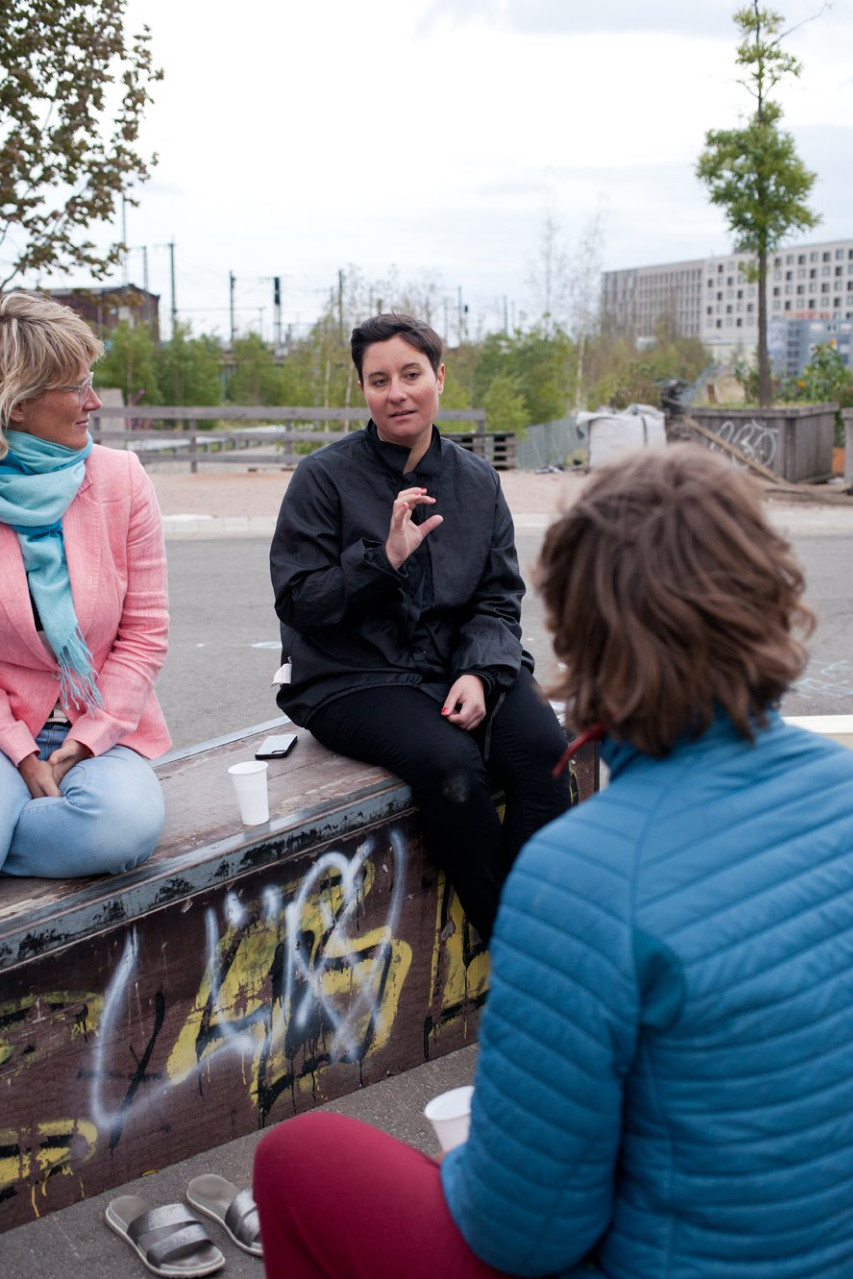
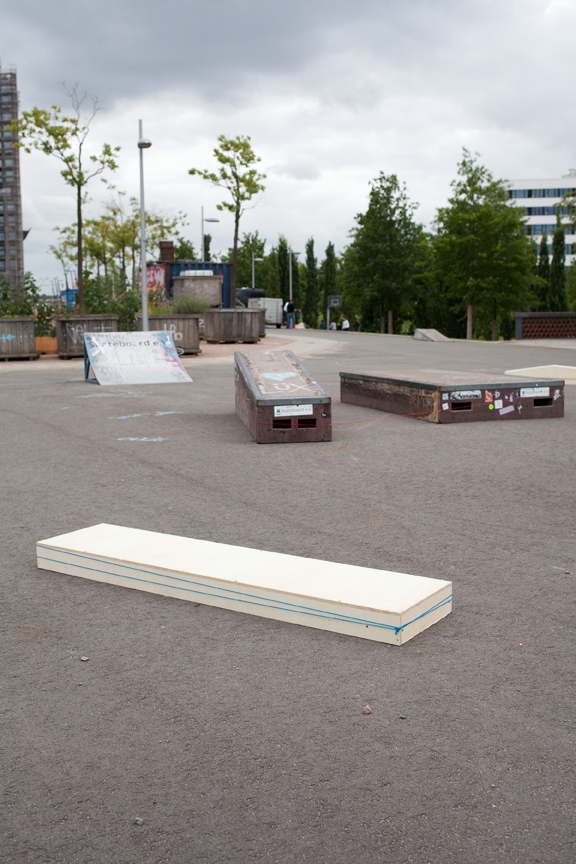
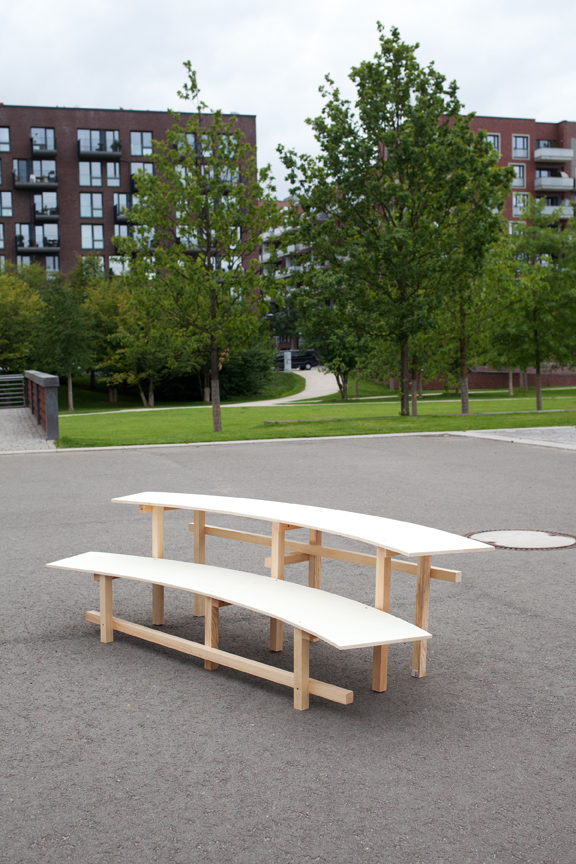
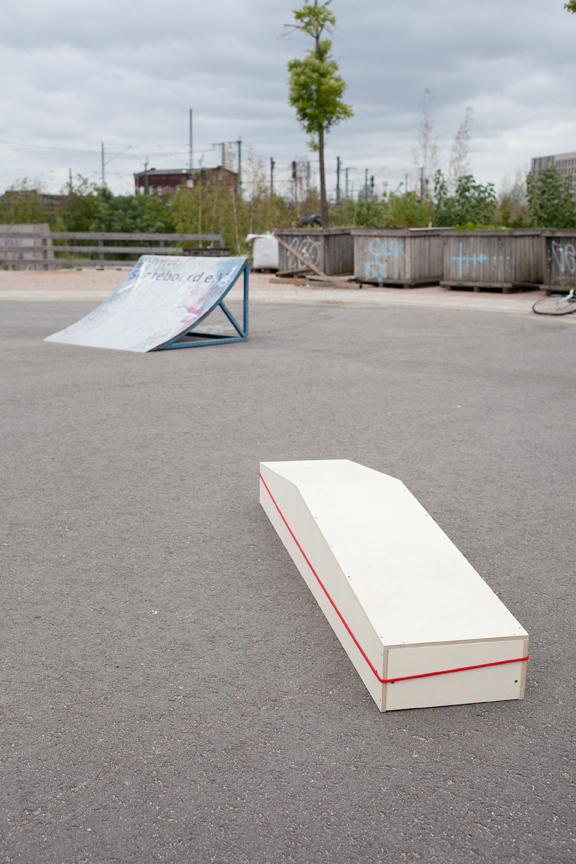
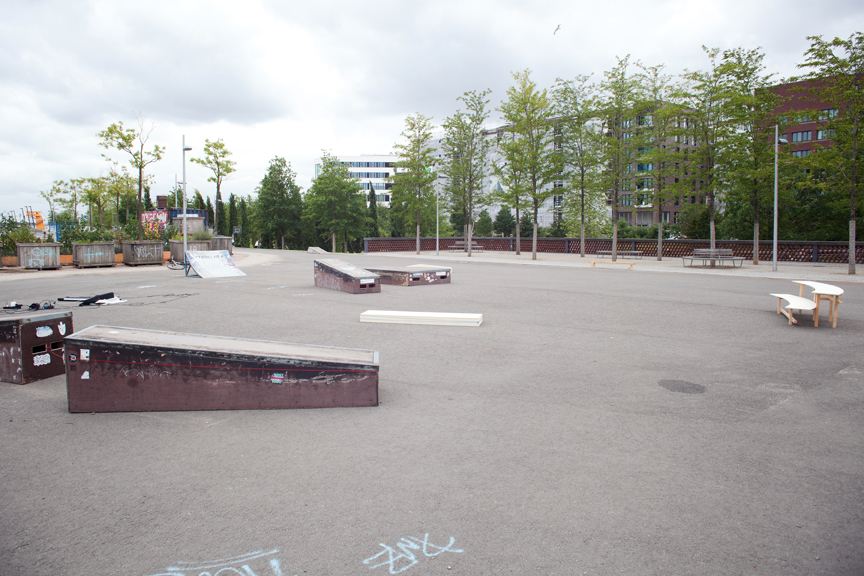
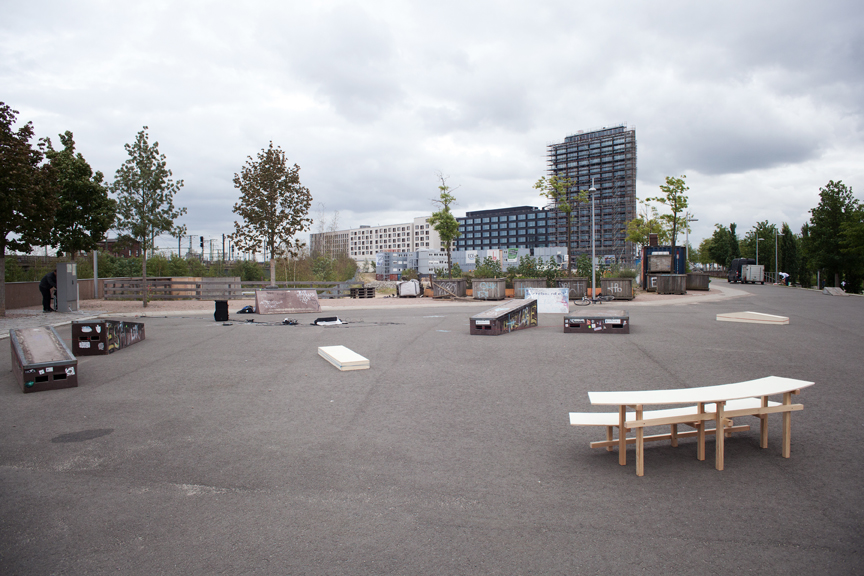
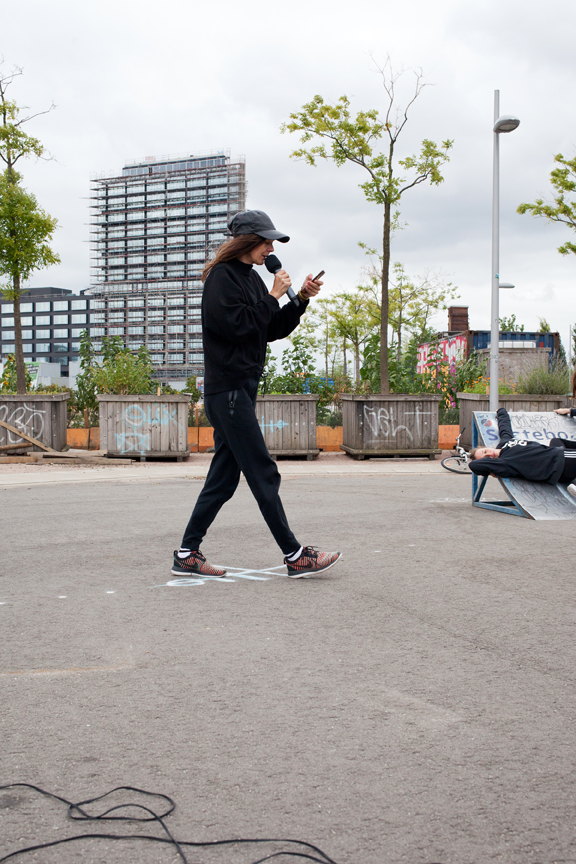
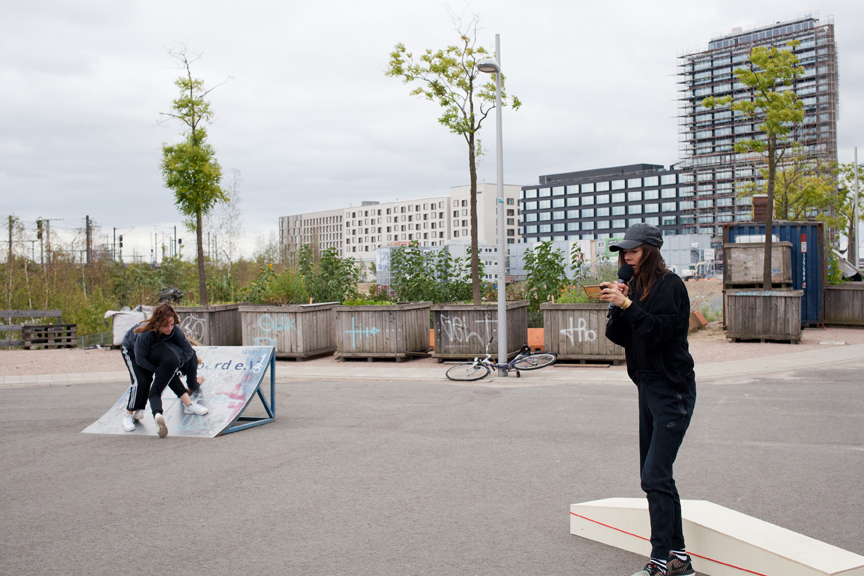
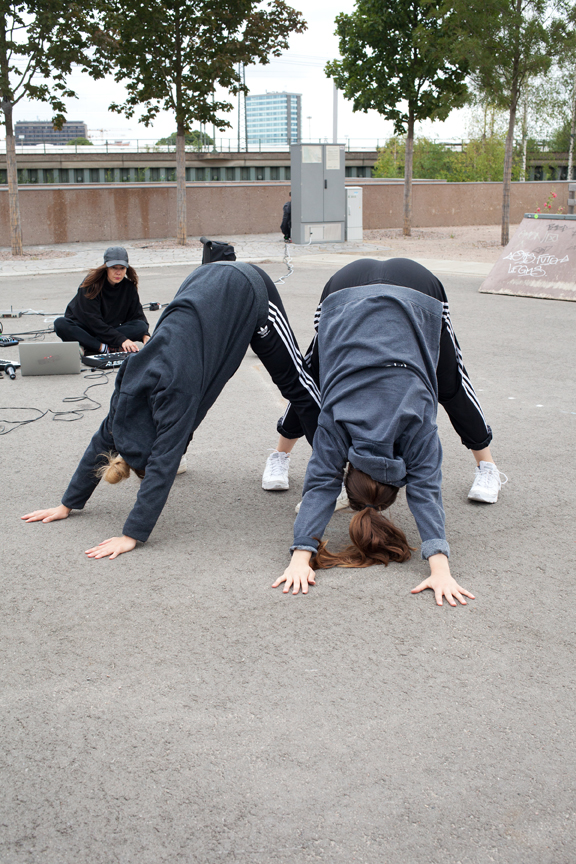
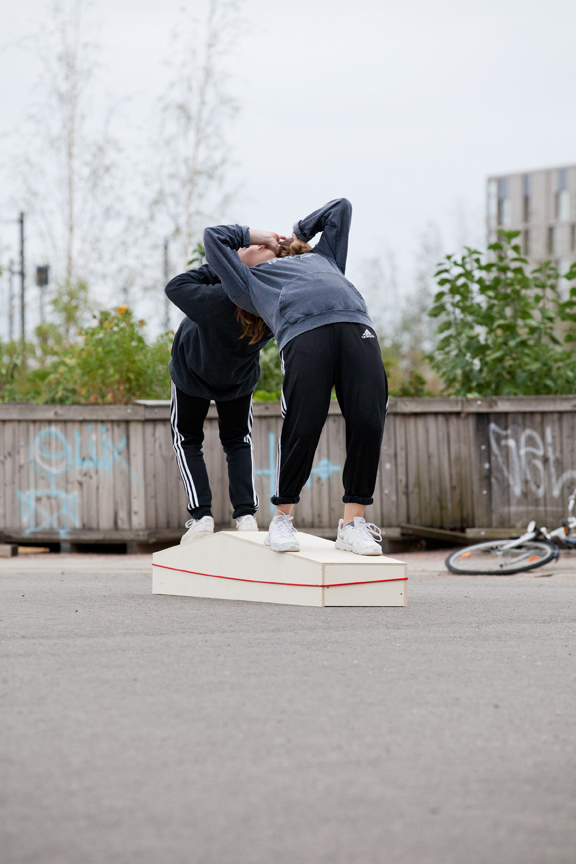
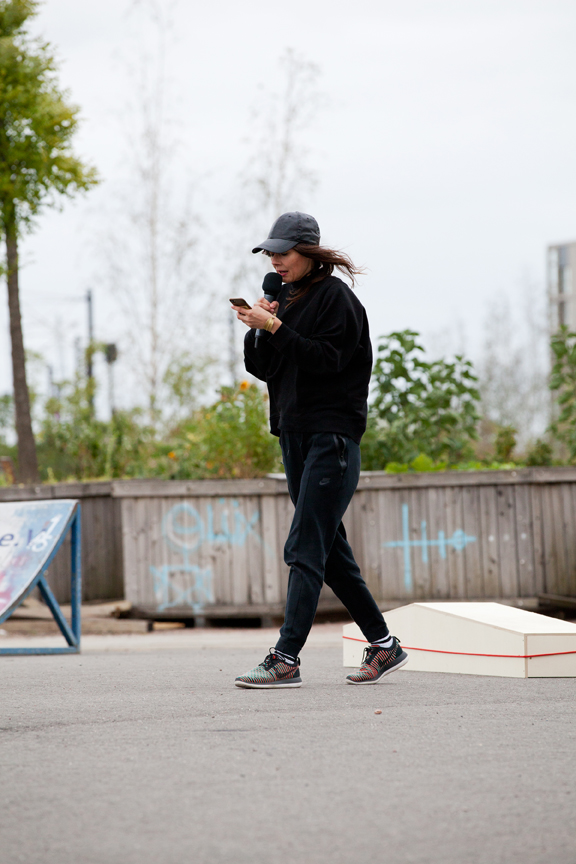
Music: Claudia Stöckli
Performers: Anja Neukom, Vanessa Wüthrich
Photos: Marie Theres Böhmker
TERRA VAGUE
Terra Vague gives consideration to hackers’ speeches and strategies responding to the developments of logistics software that is geopolitically instrumentalized. The software of an Israeli company has been used to hack mobile devices held by human rights lawyers, journalists and activists fighting government corruption in Mexico. The following strikes referenced this work, and who are all related to software scandals, call for regulating the commercial surveillance market by carefully writing policies, which are required in order to build cases and push for reforms. As the commercial surveillance industry grows, so too must the bridges between planning, policy, and advocacy communities.
The video Terra Vague / Holofuel, the second part of the video installation, gives voice to hacker speeches through which I am examining how methods of hacking crypto finance may used to rethink of how subjectivities relate to each other. Concepts of care, affection and crypto-solidarity are central in this work. More specifically, the hacker's collective "Hacking with Care" explores care as components of hacking while also seeking to liberate care, and to inspire alliances between "caregivers" of different competences such as decentralized post-monetary system of value production. Accordingly, the new performance piece Terra X performs a newly written proposal for a Holochain Smart Contract for democratic community operation.
Against the geopoliticization of planetary urban warfare, Terra Vague moreover considers the practices of the Marxist Brazilian architect Sérgio Ferro, a member of the radical architecture group Arquitectura Nova (whose image we also see in the video). The group's ideas are read against the background of the finance-driven deregulation of real estate in Hamburg's HafenCity and the subsequent reorganisation of production and labour conditions, based on new technological and infrastructural development. The performers' and skateboarders' bodily, physical gestures, and their transmission aims to propose new social infrastructures for the present.
In Bruckner's work, which can be considered as exercises of re-materialisation, the bodies perform in relation to one other, creating a physical, affective language that remains indeterminate for the time being because the scores, in their emerging structure, are temporarily foreign to the capitalist abstraction. The bodies' movements interrupt and disrupt the algorithmic streams of data, finance and surveilllance of public space. These bodily constellations perform as self-determined, self-composed durational social endeavours, rehearsing relational accountabilities. Technology has the potential to link agencies worldwide but it may involve politicising co-ordination and envisaging a future in which labour and data and movement critically have to be considered more closely interrelated. These practices, which we refer to as Scaffolding Agency, are to be elaborated on.